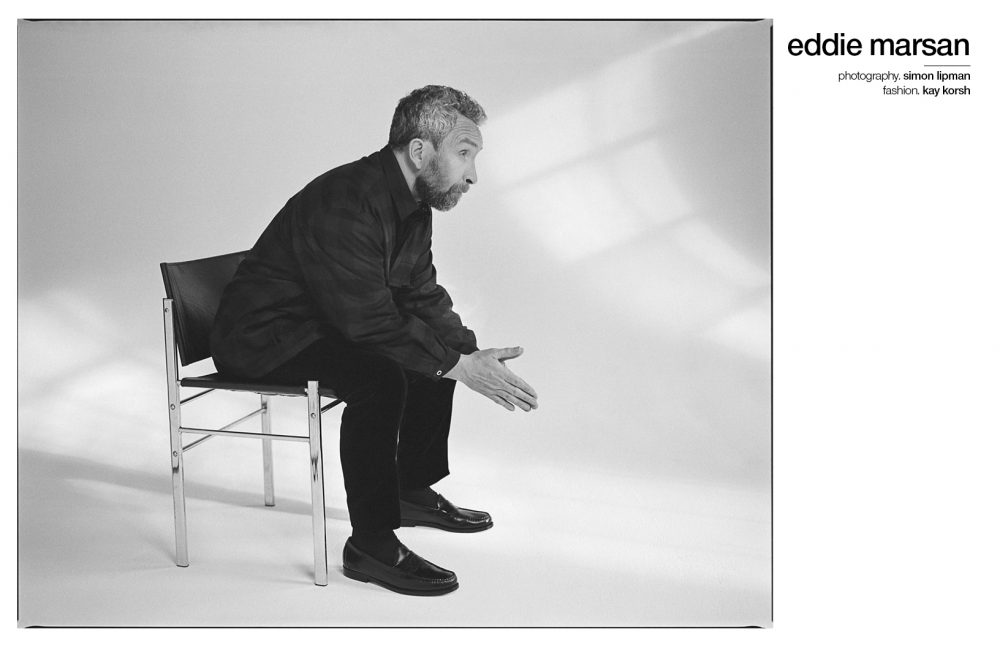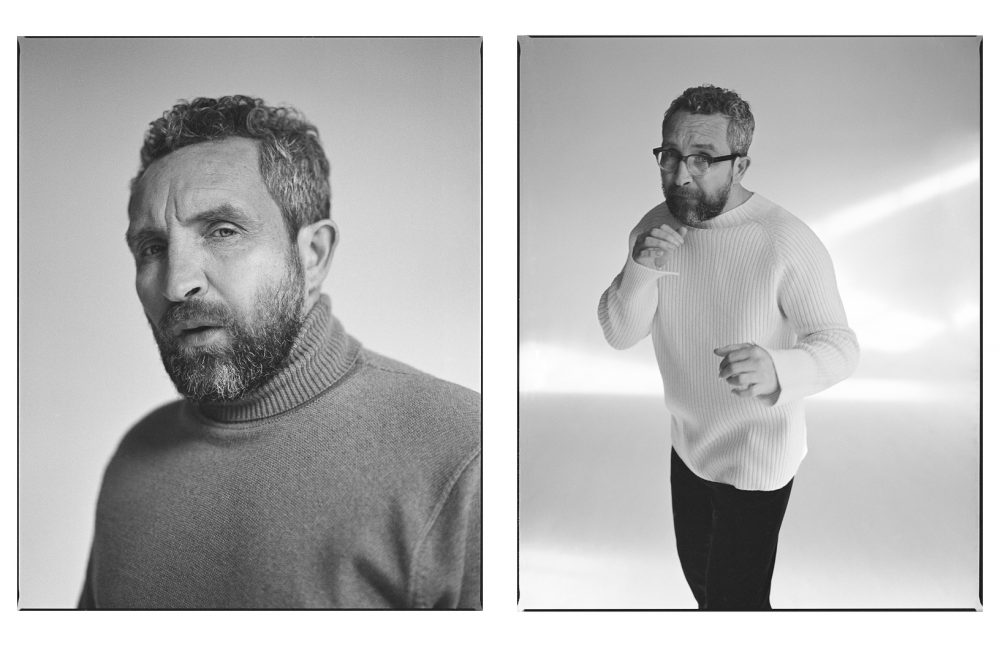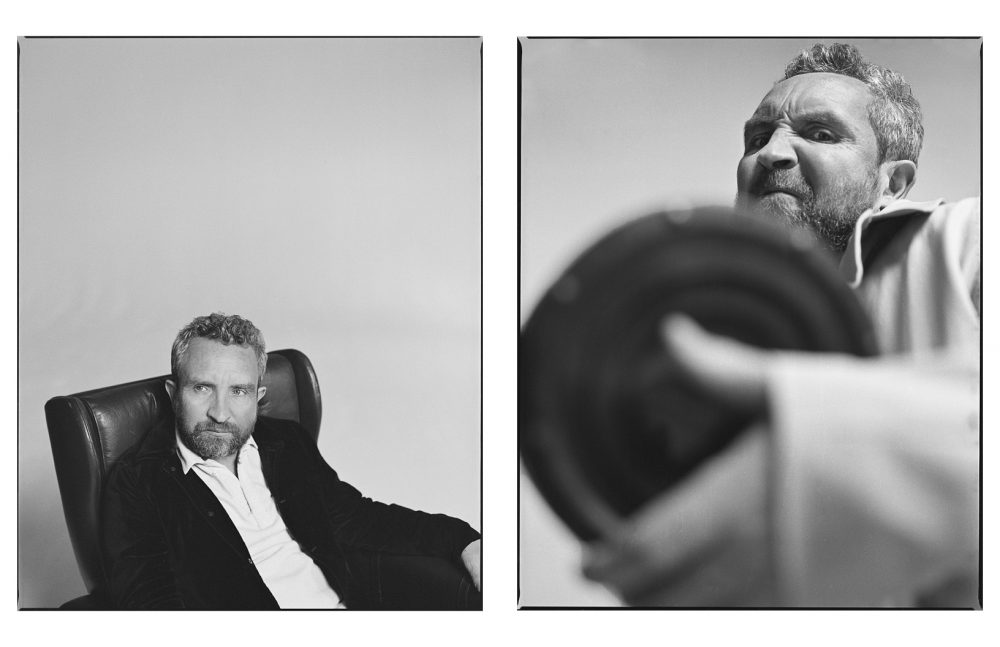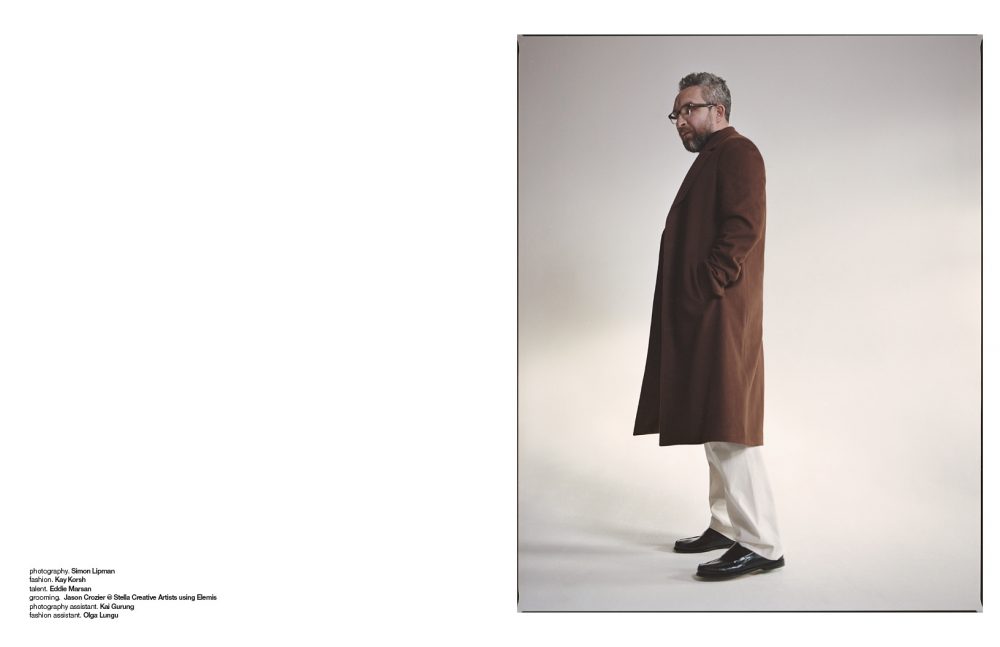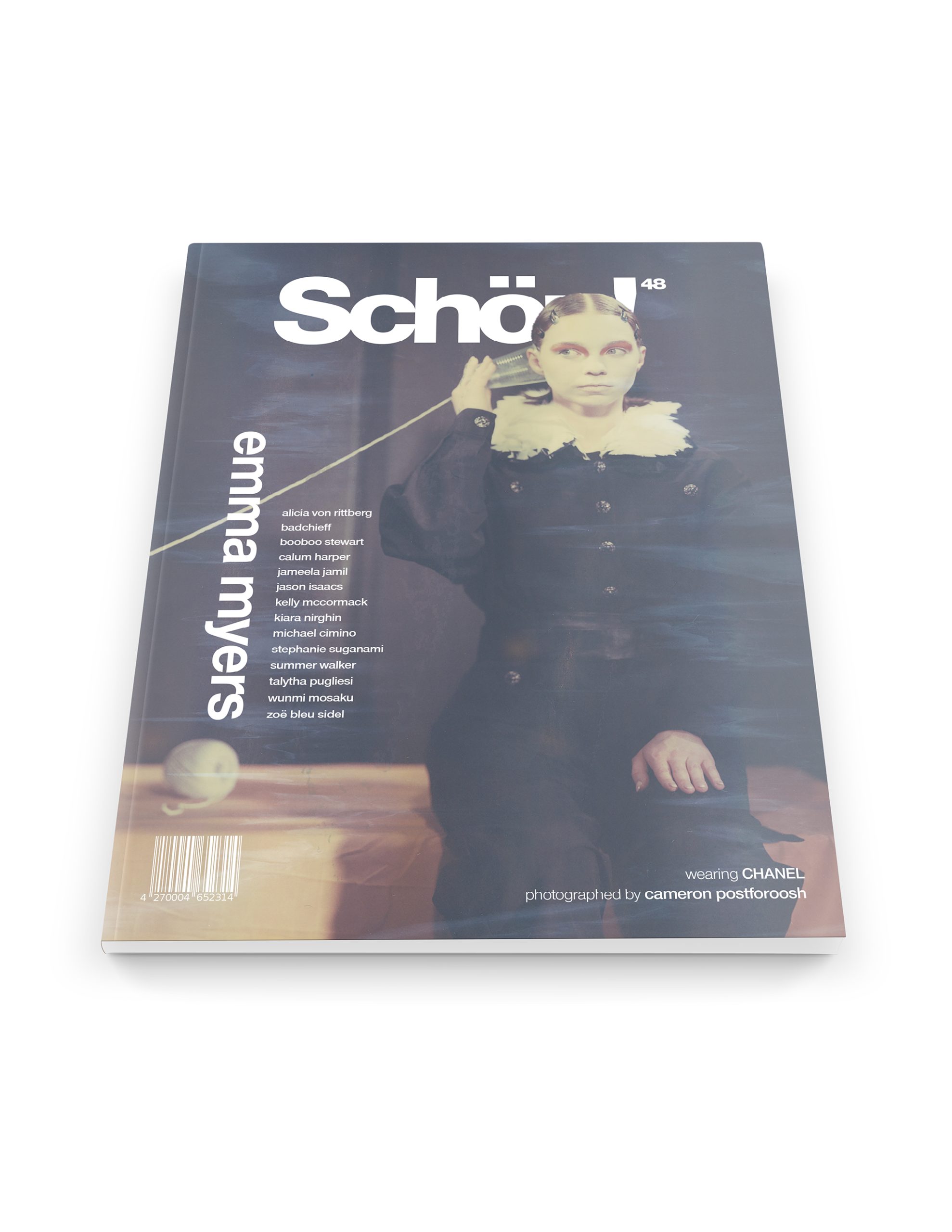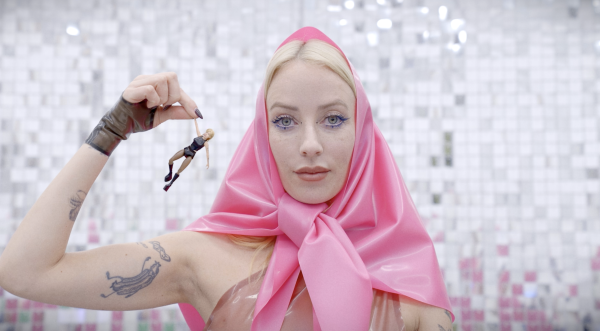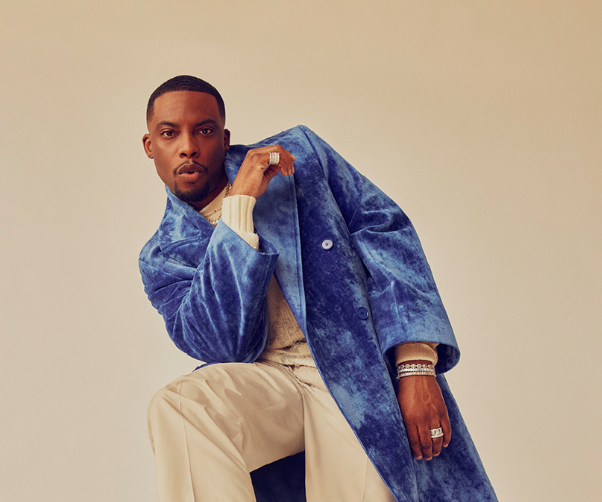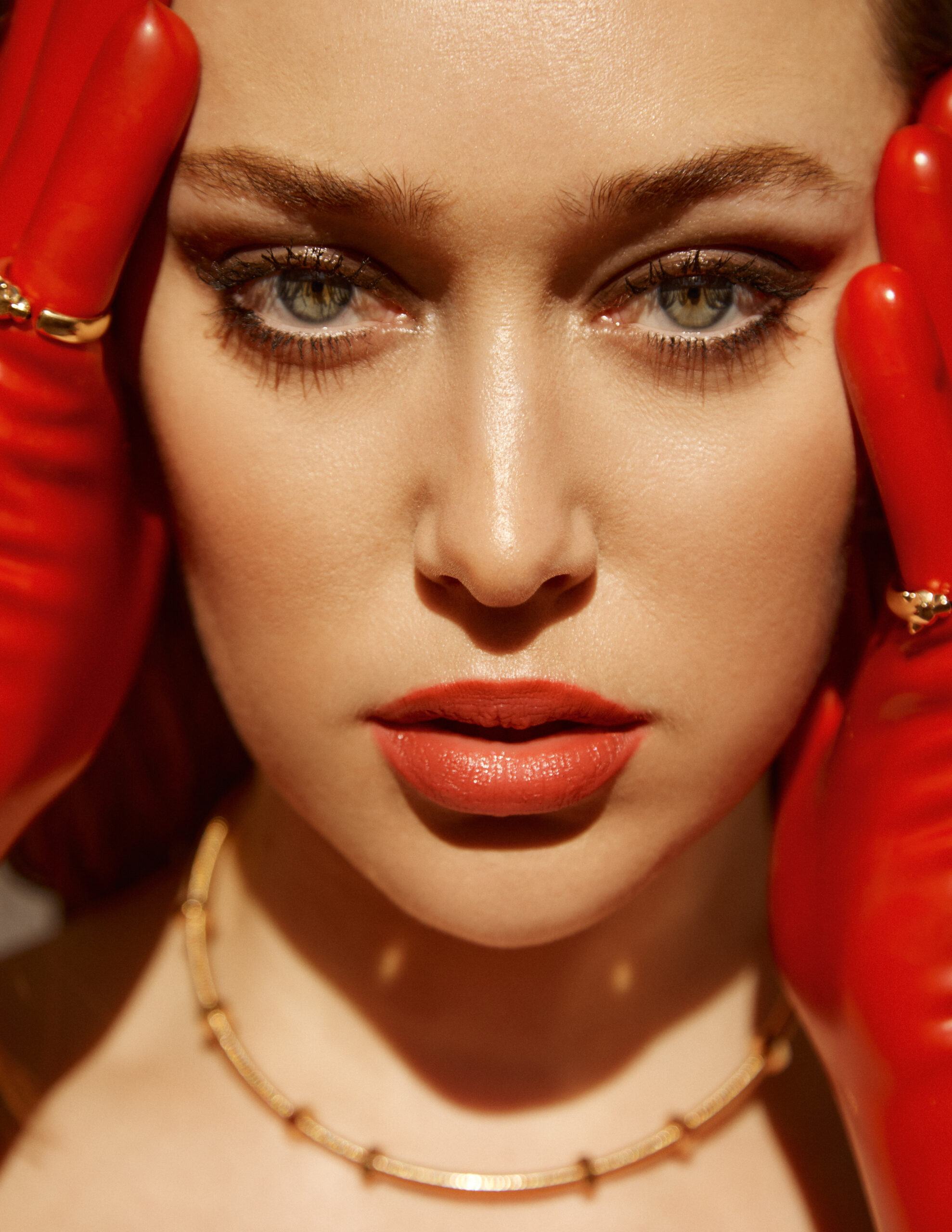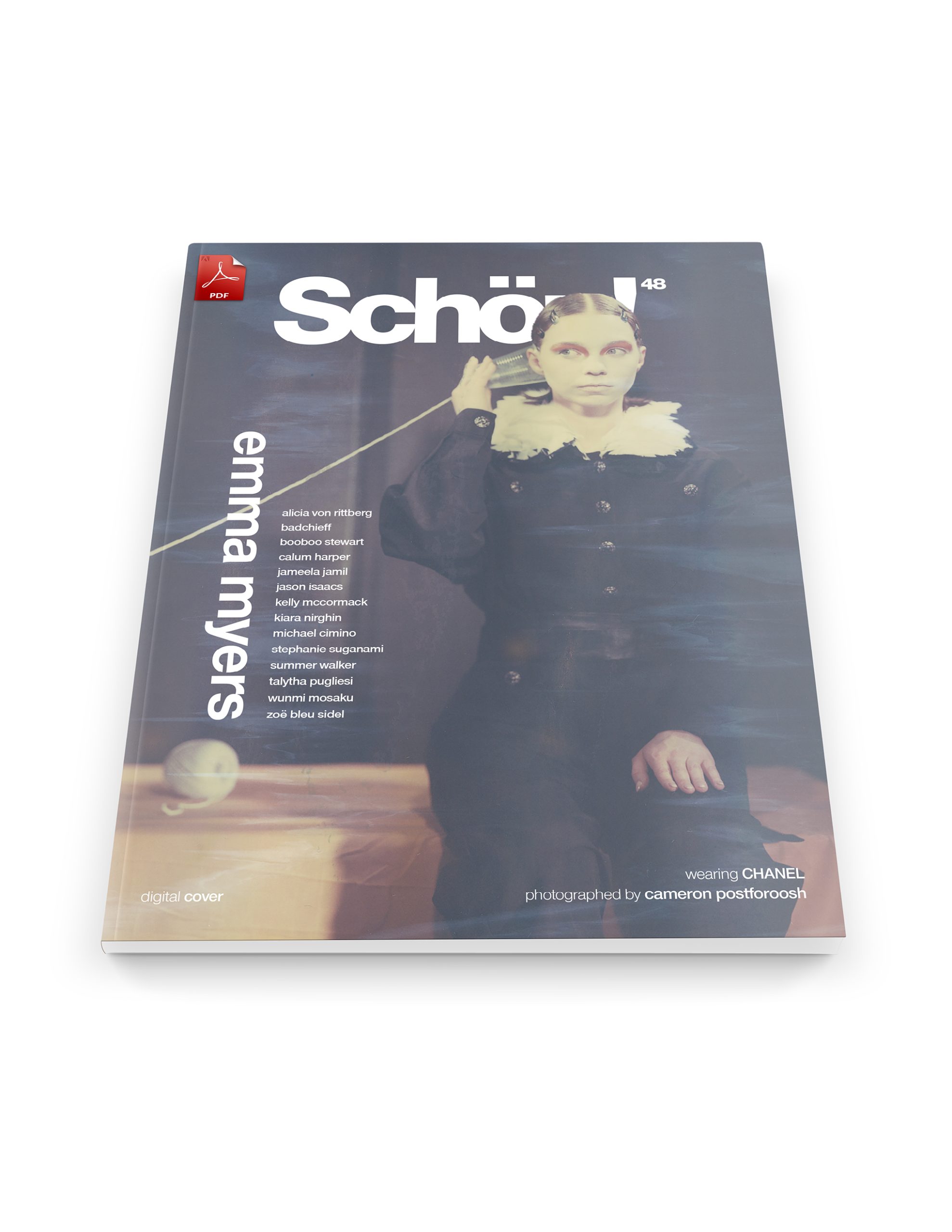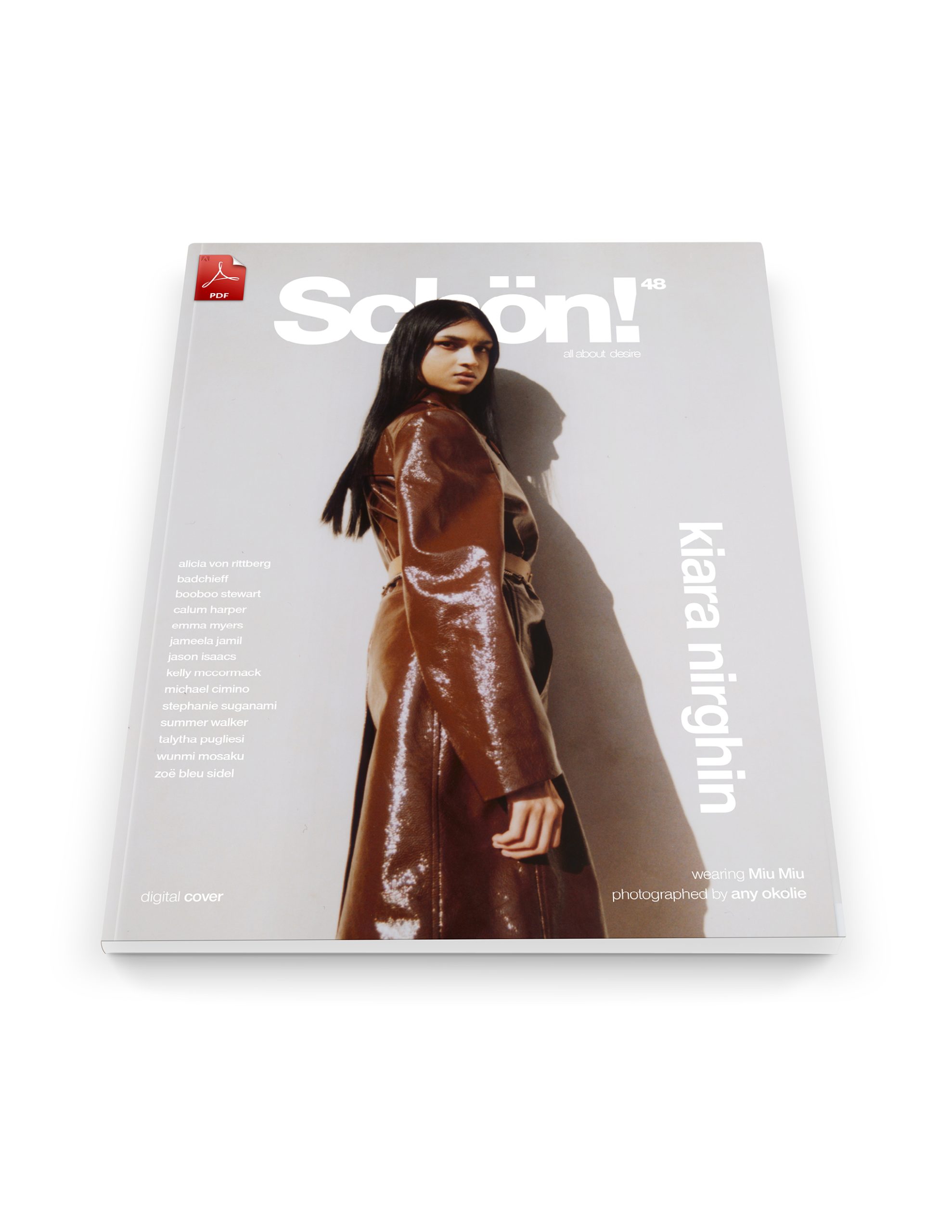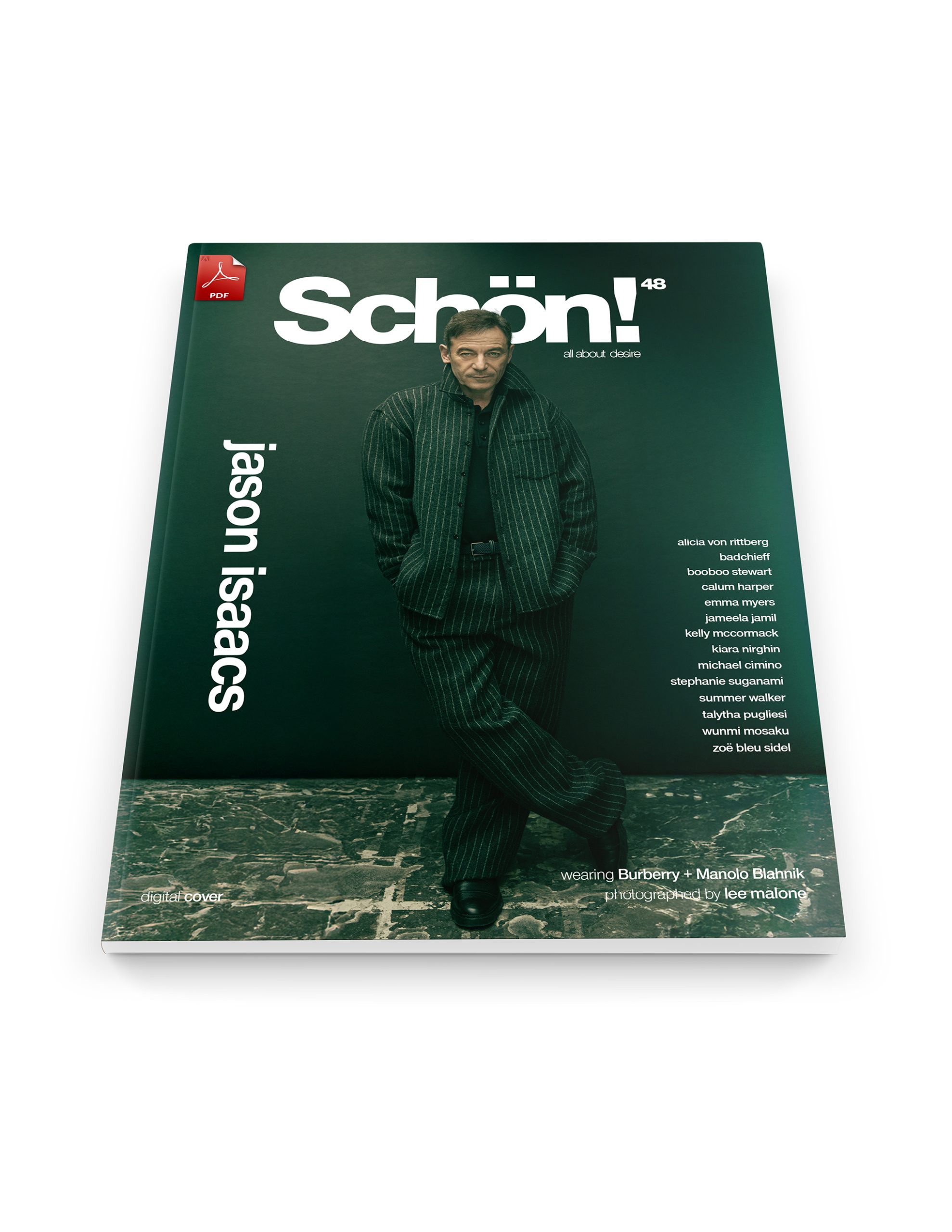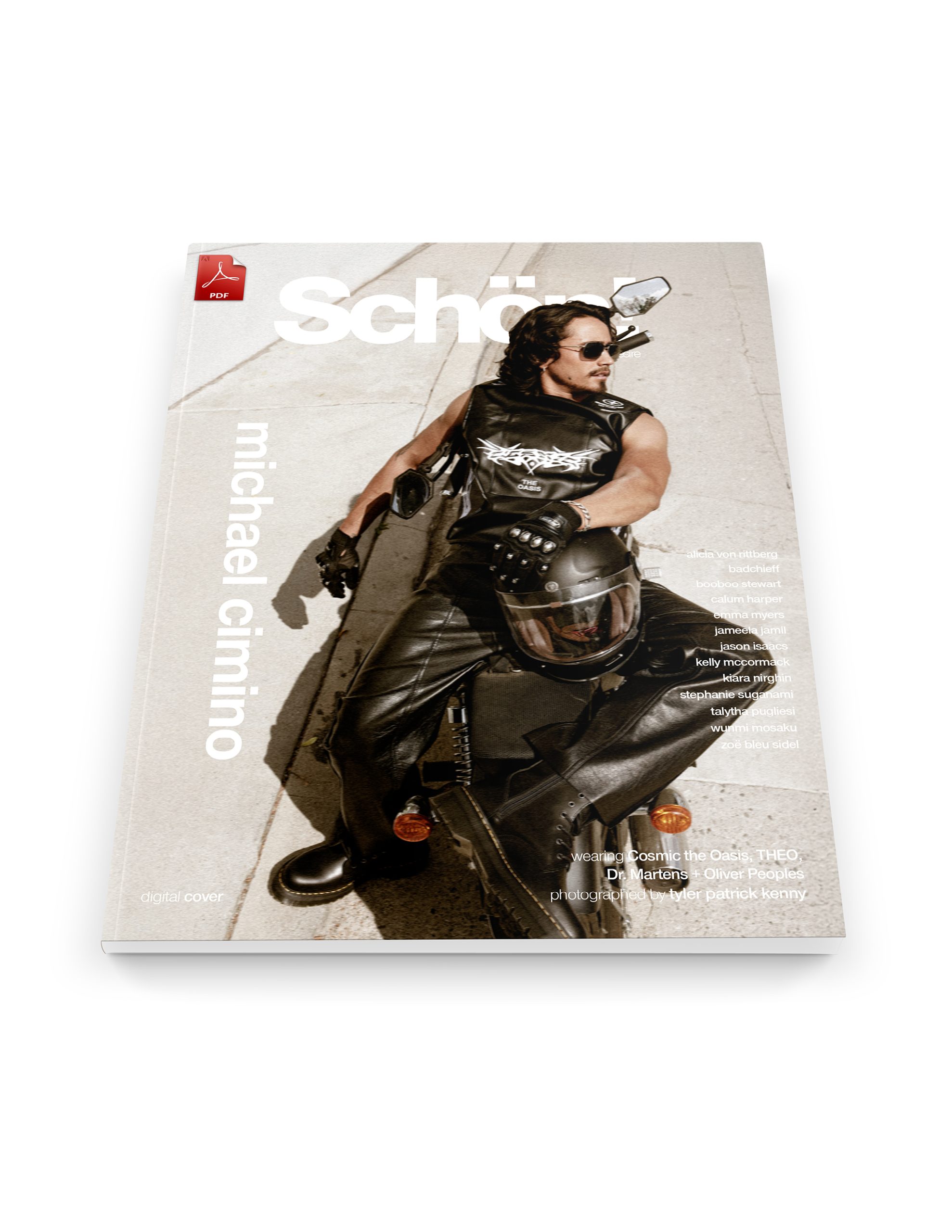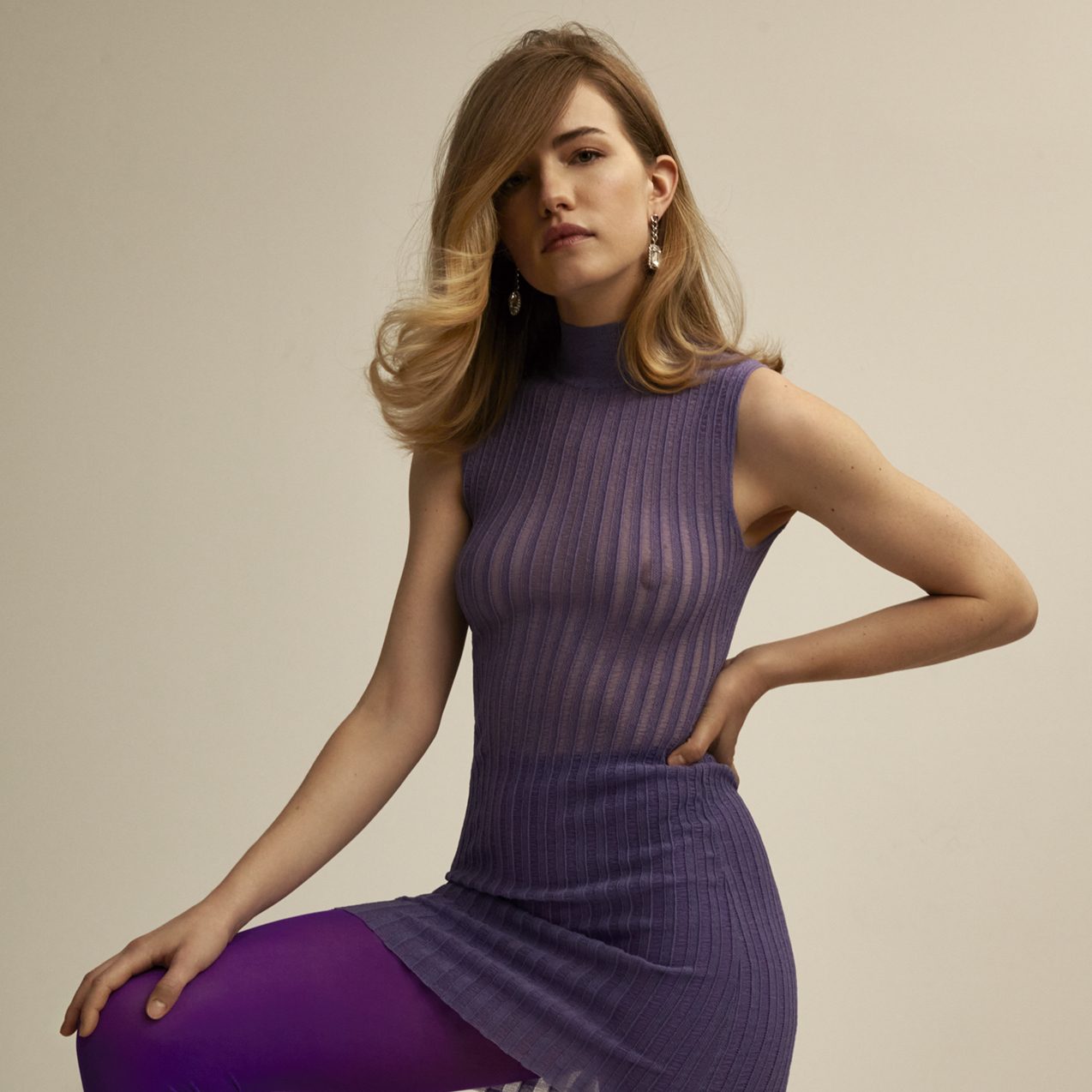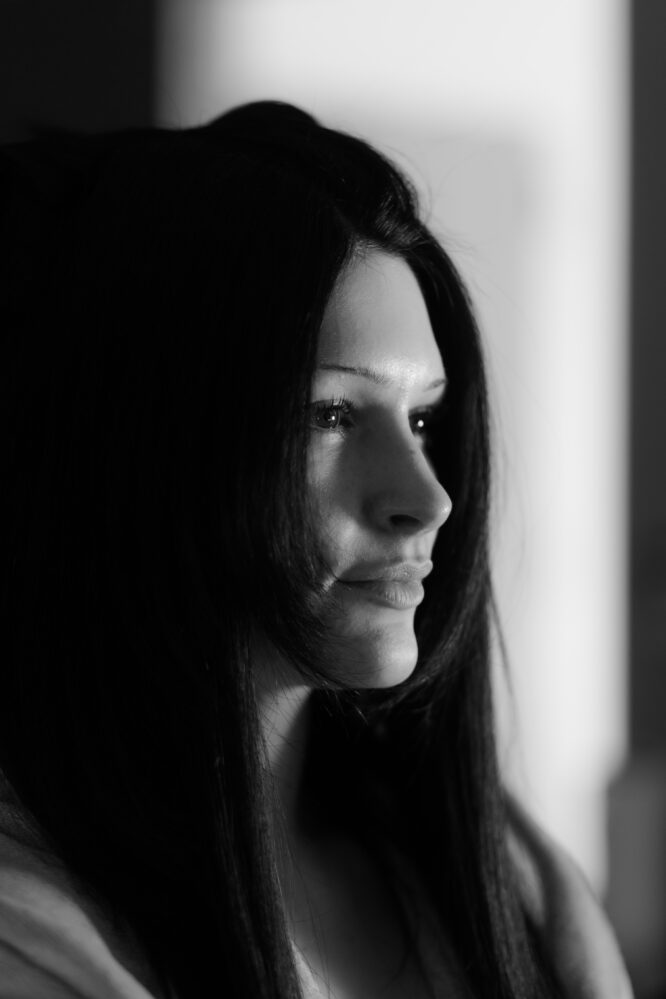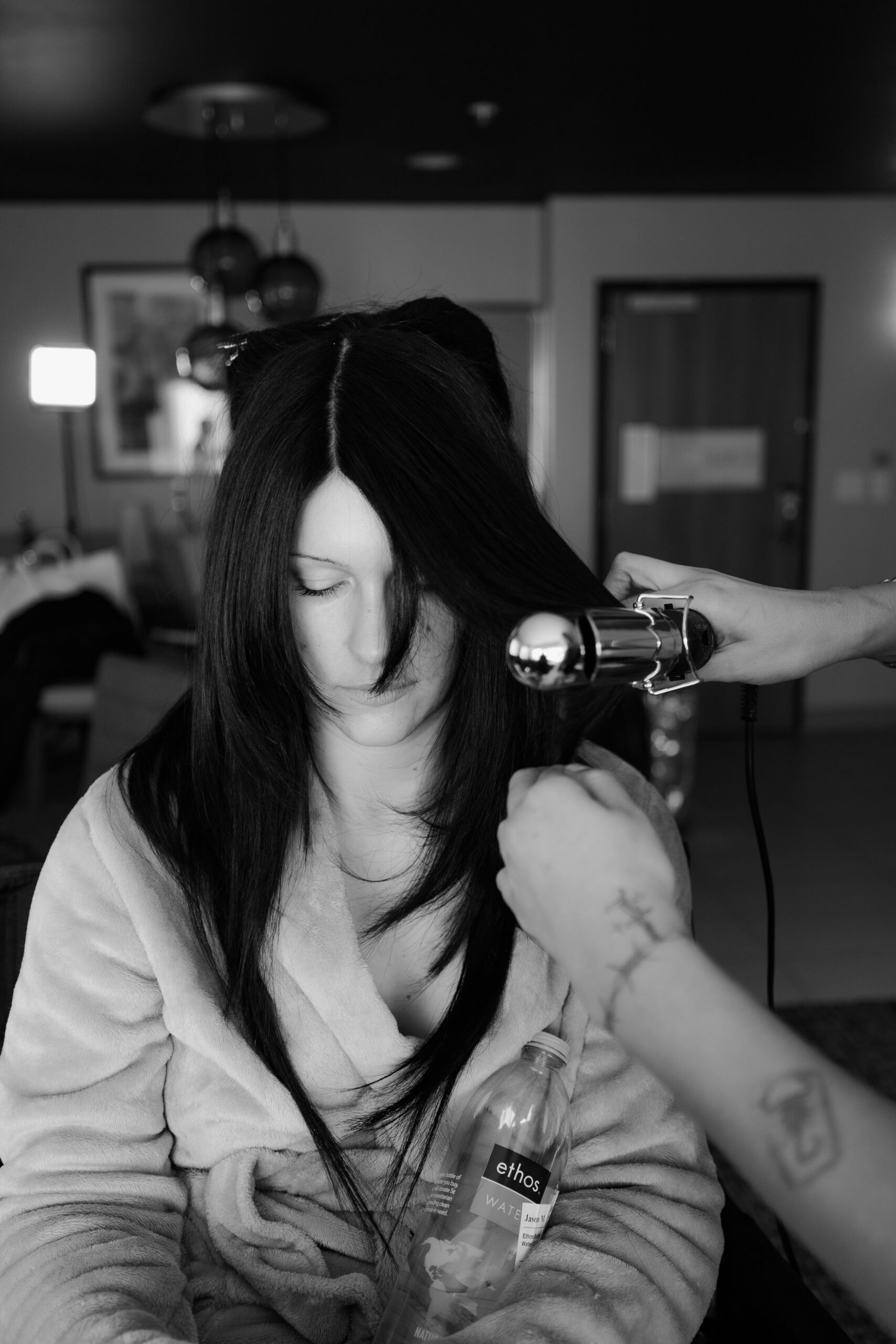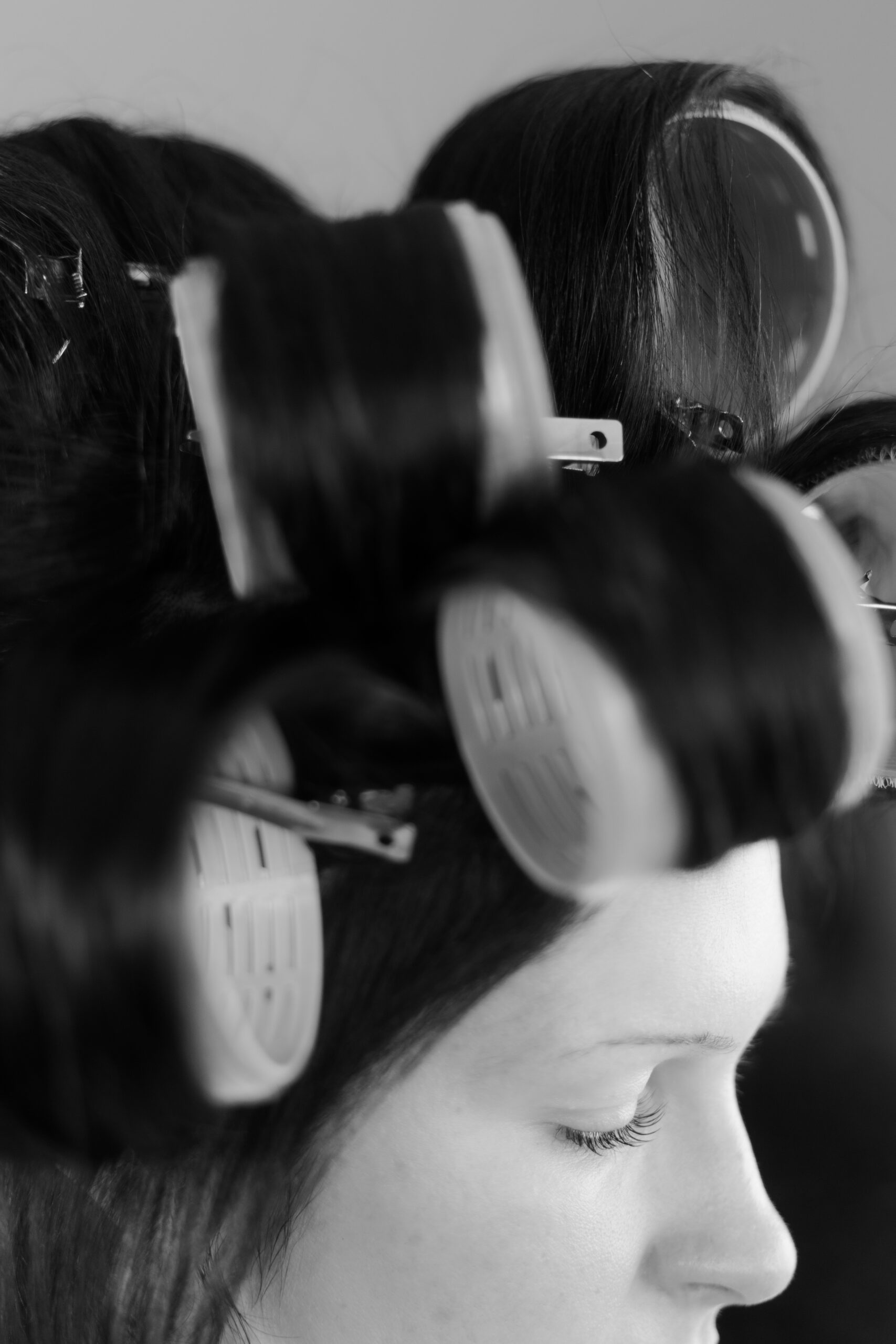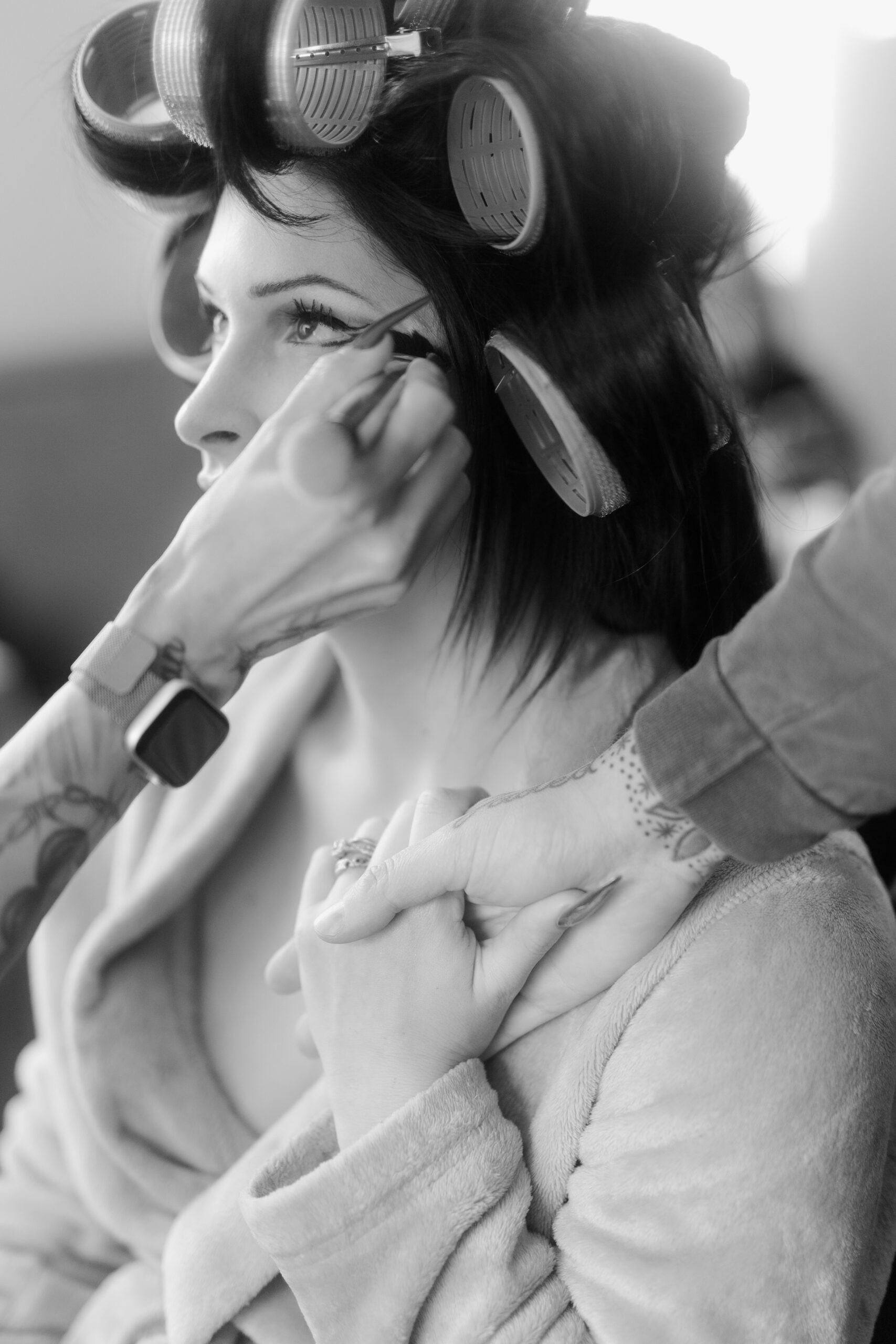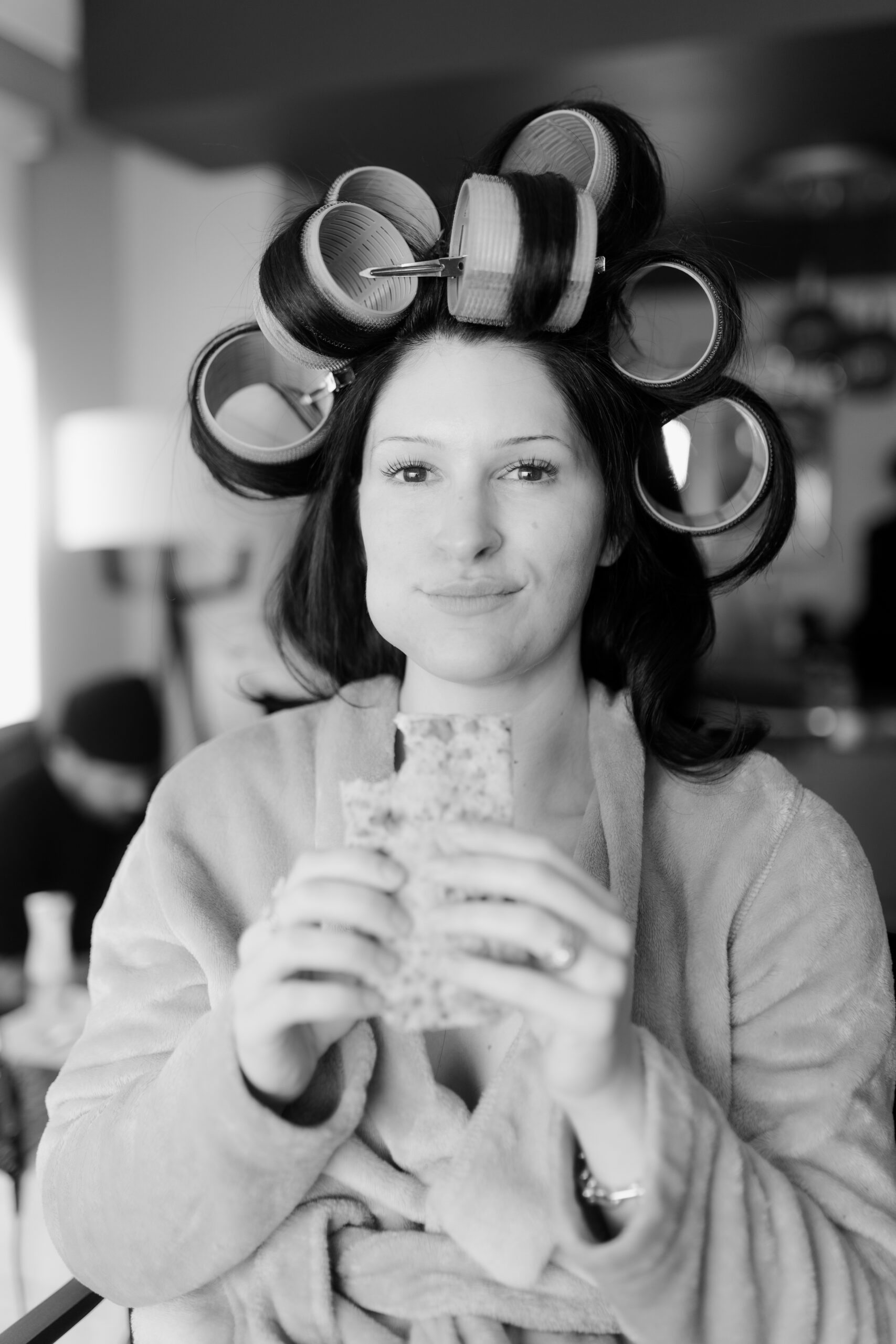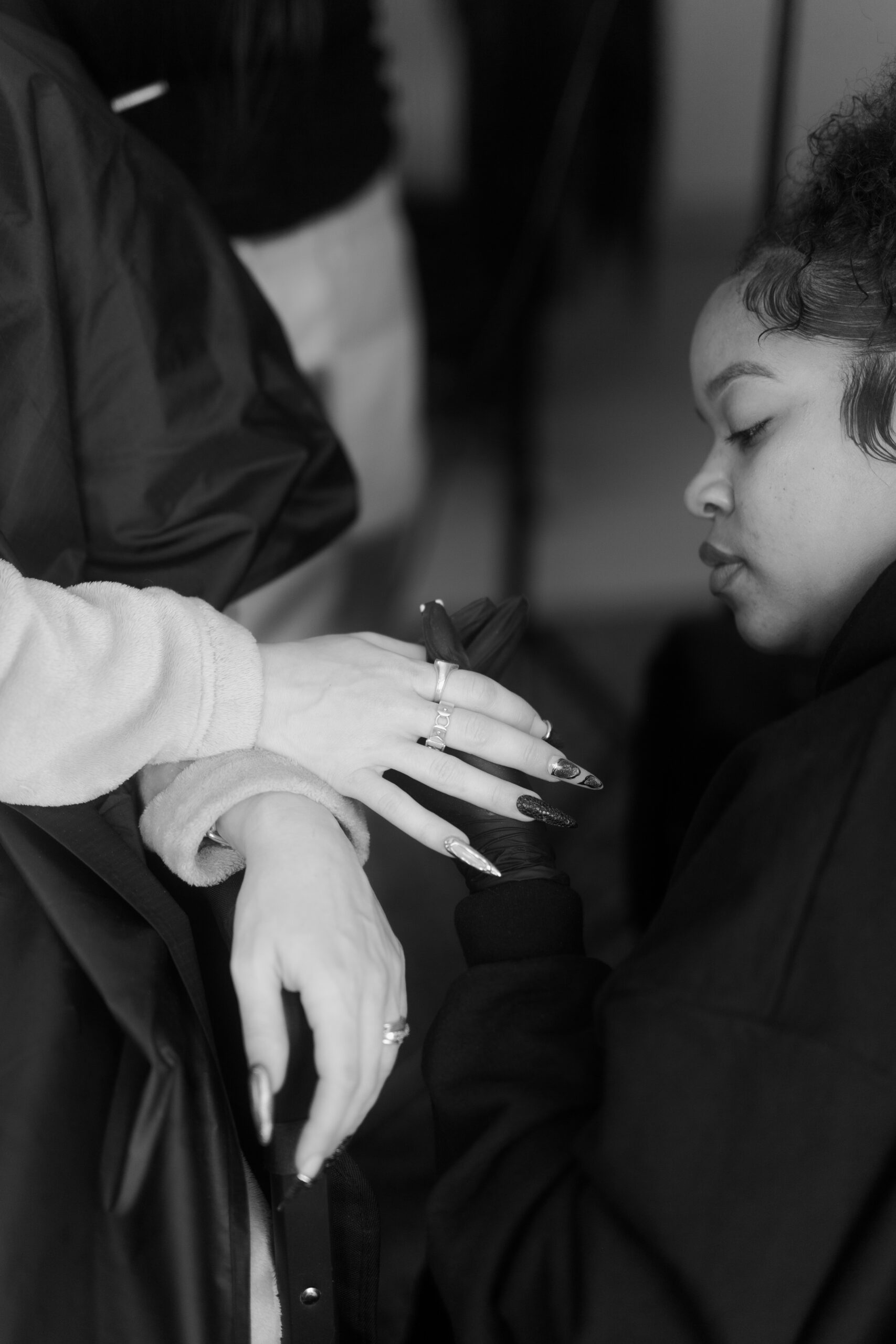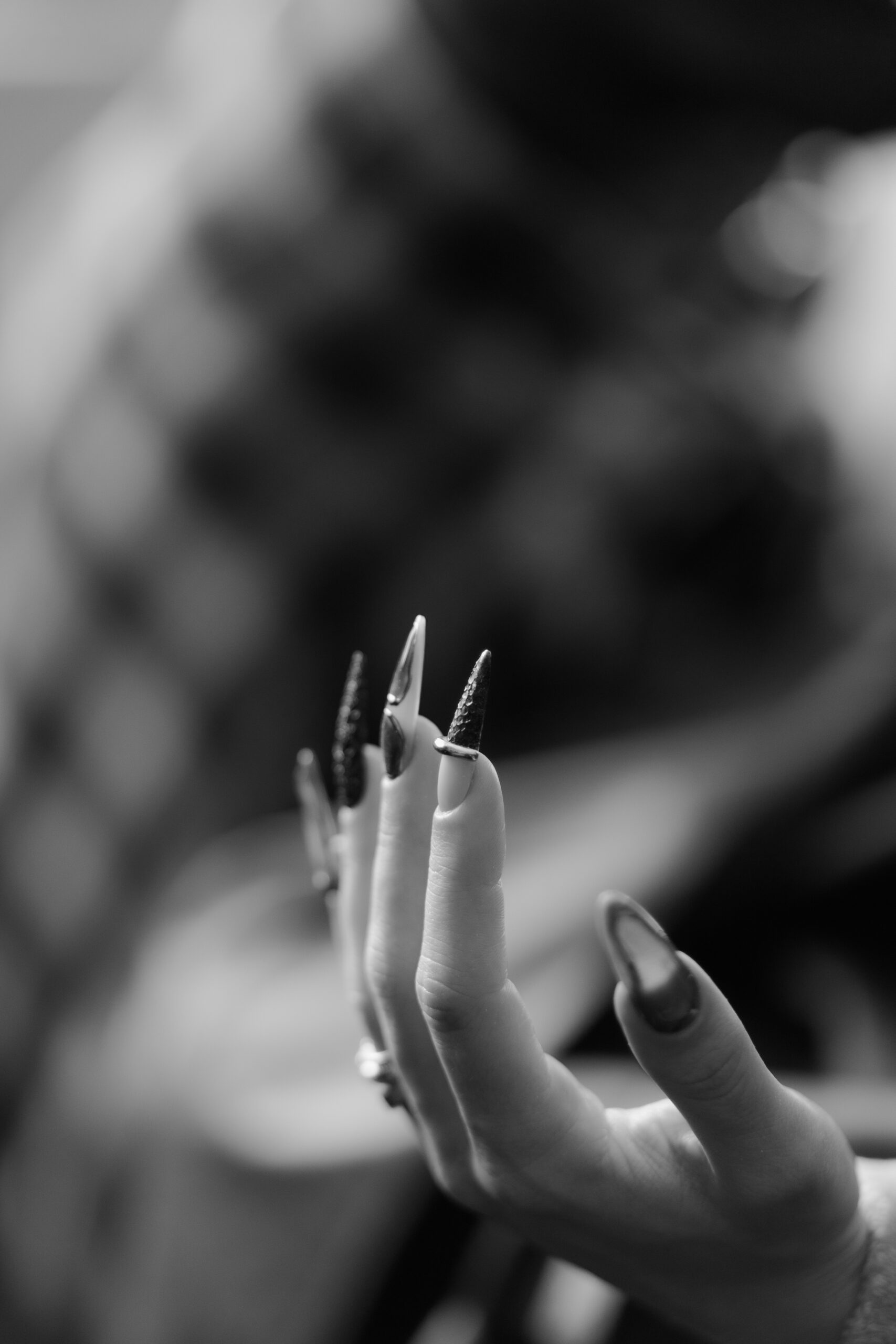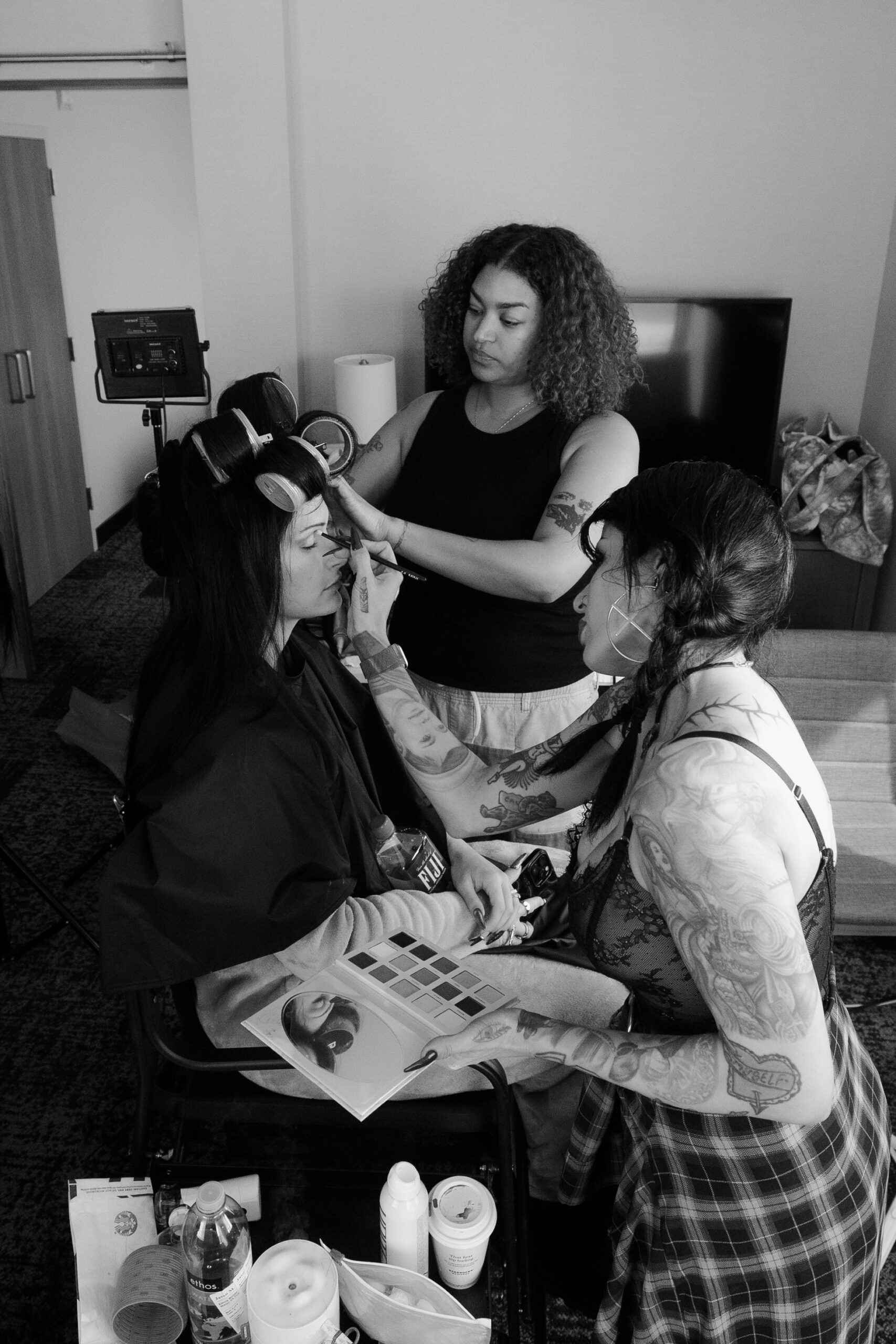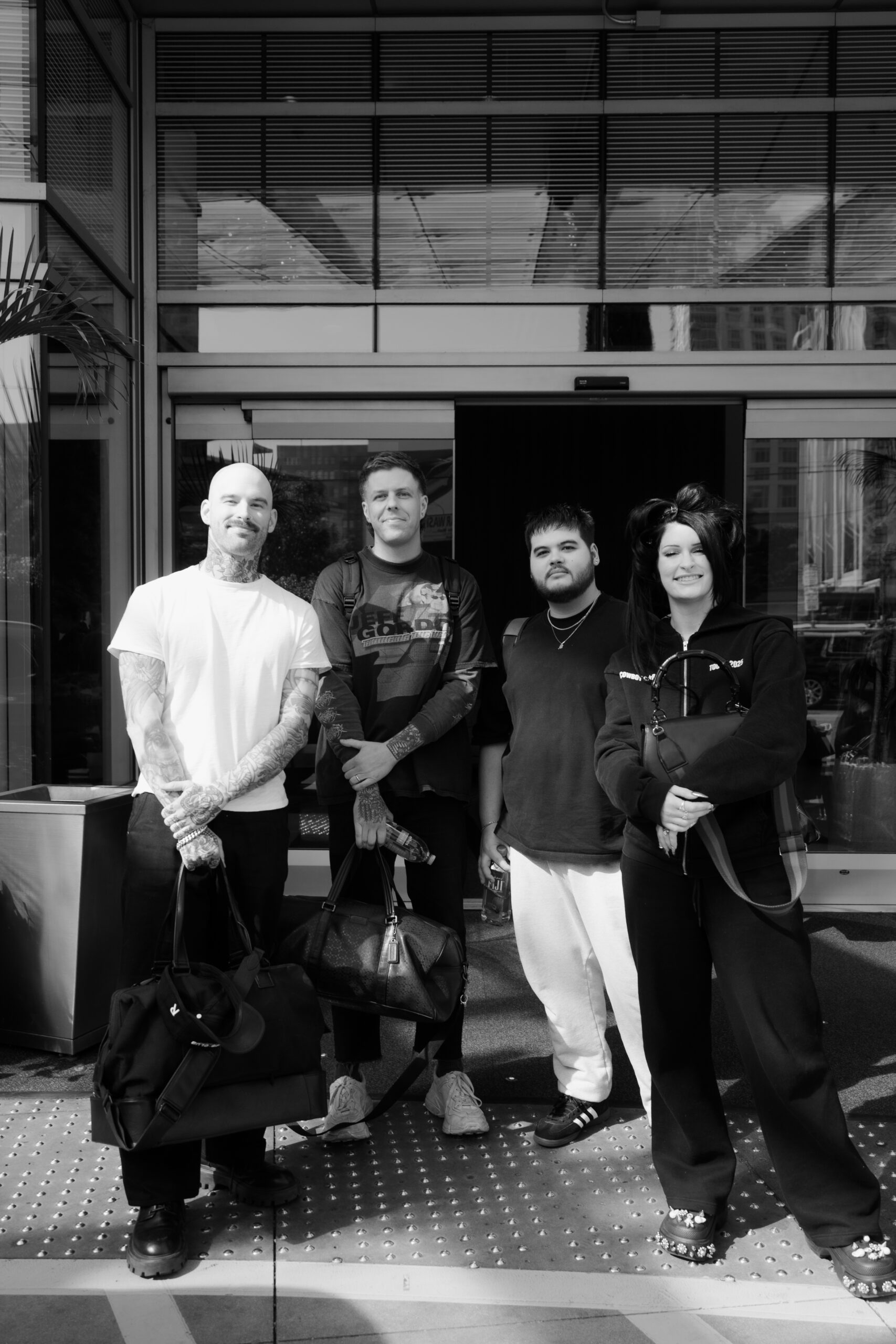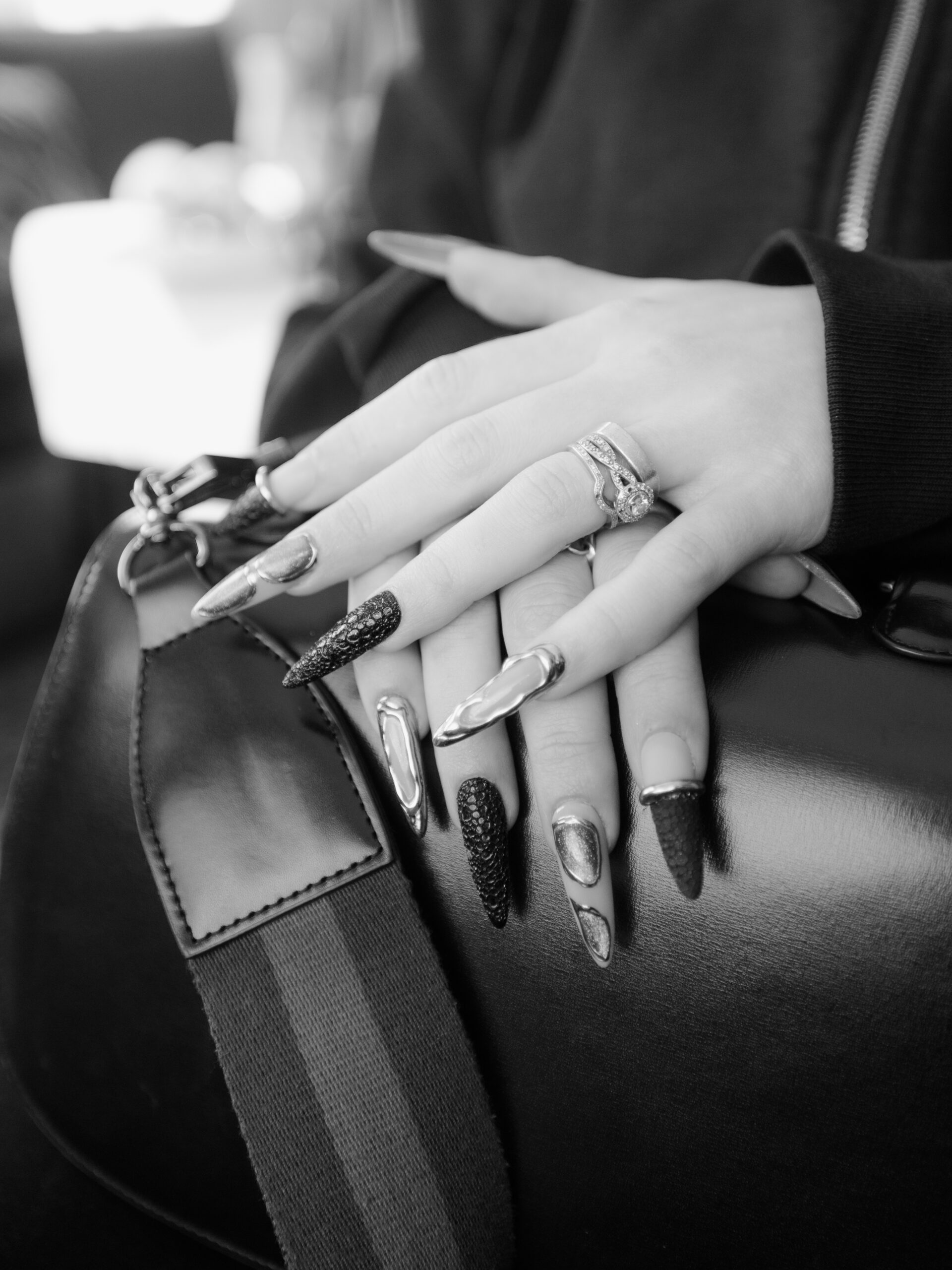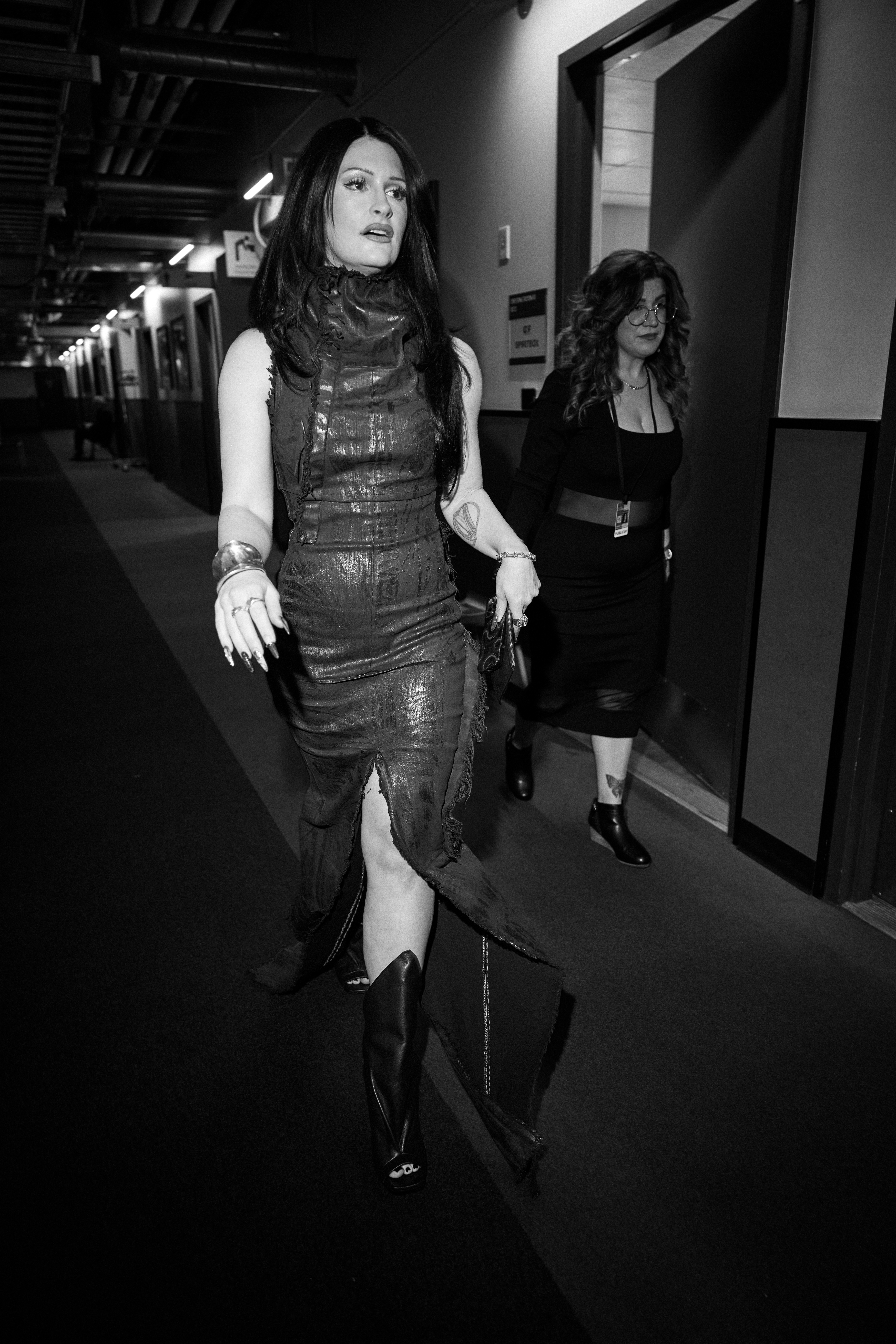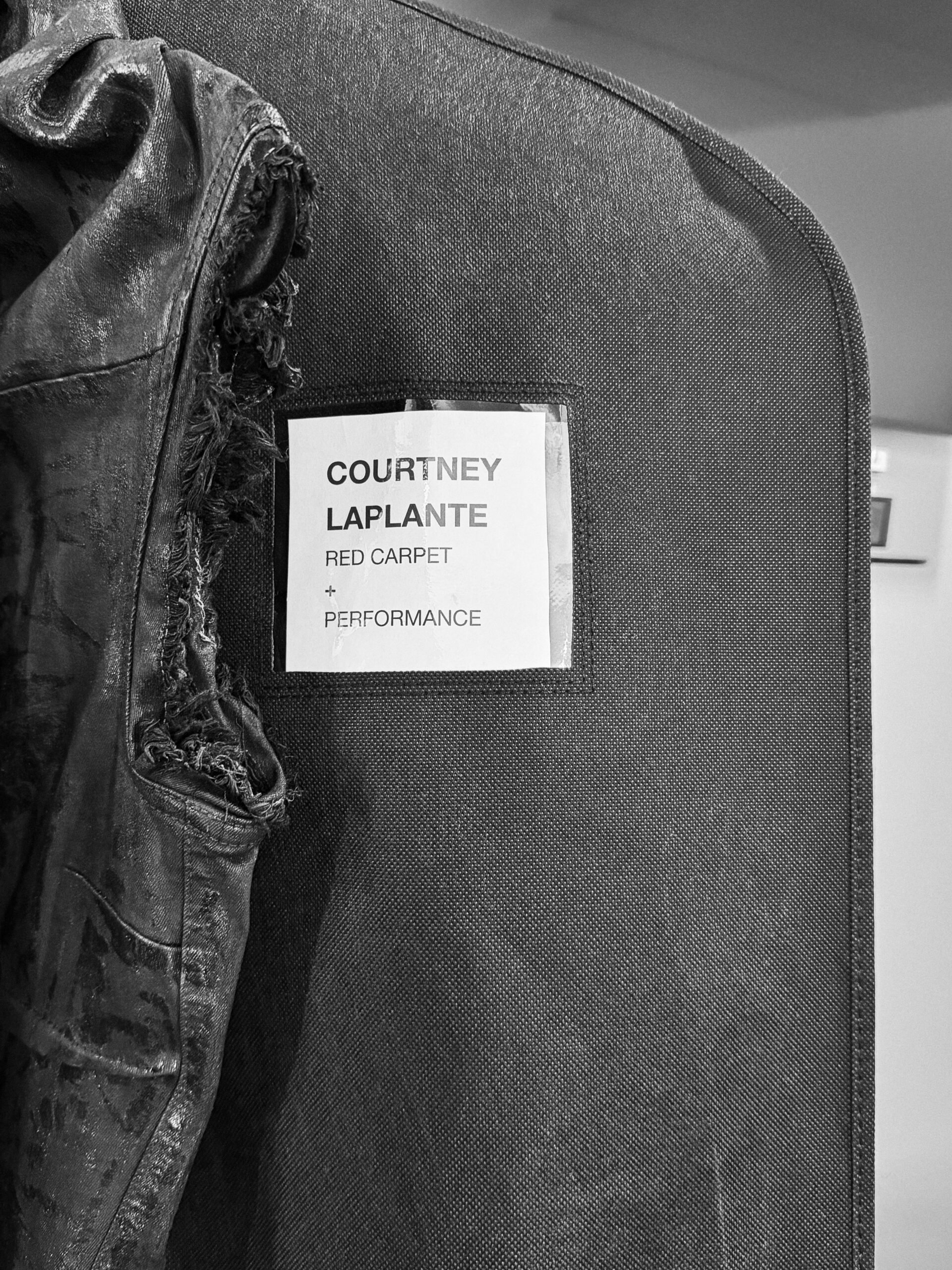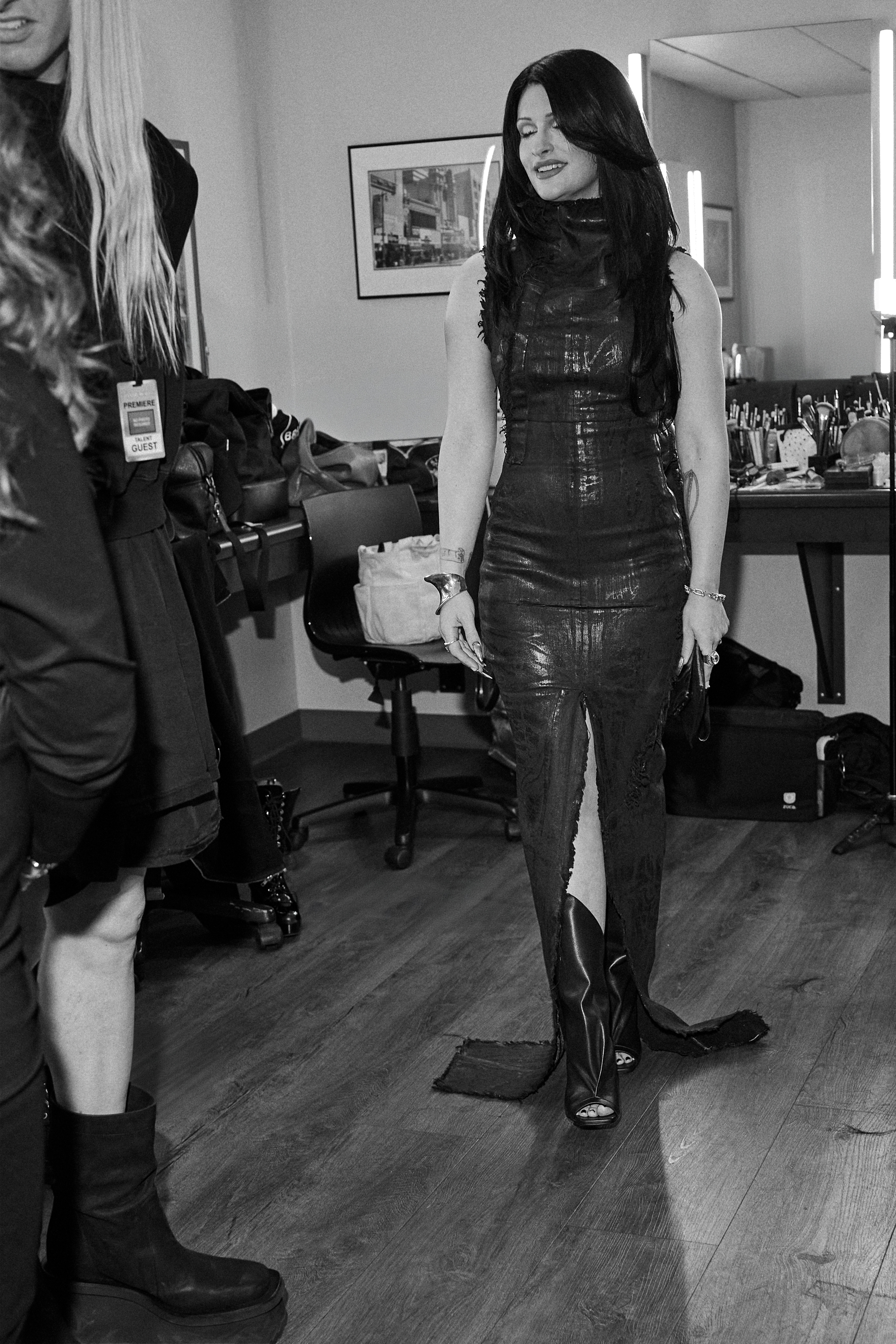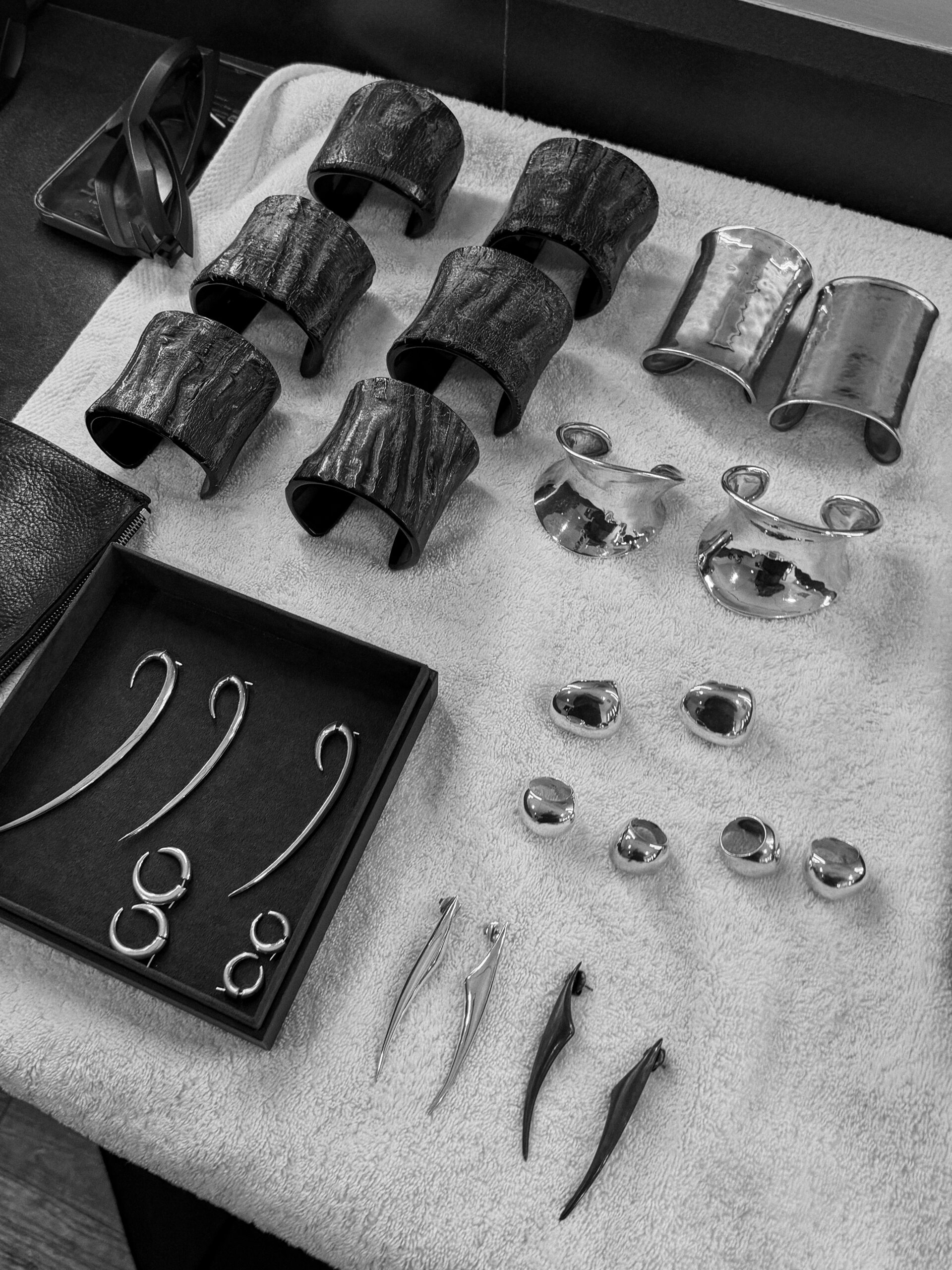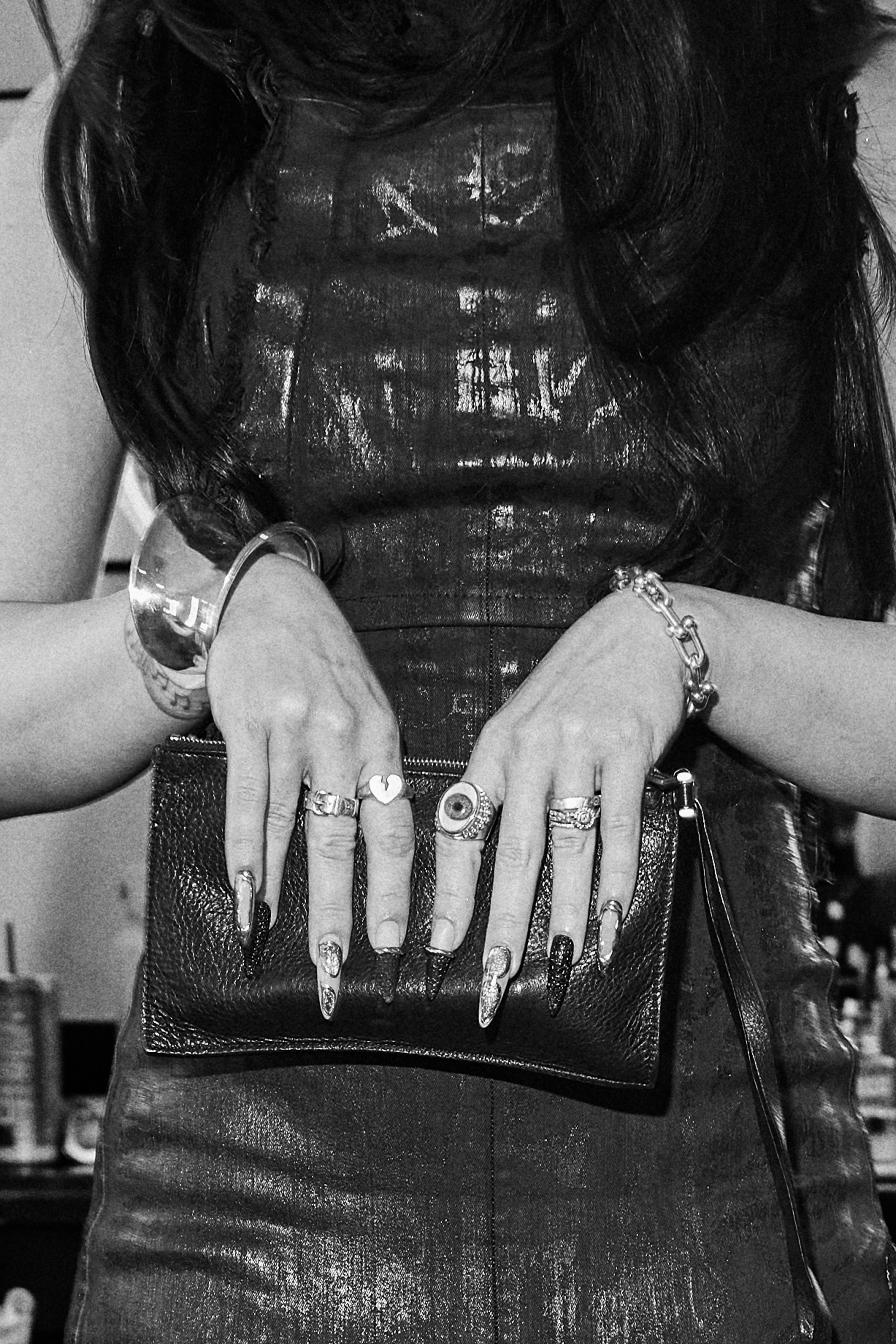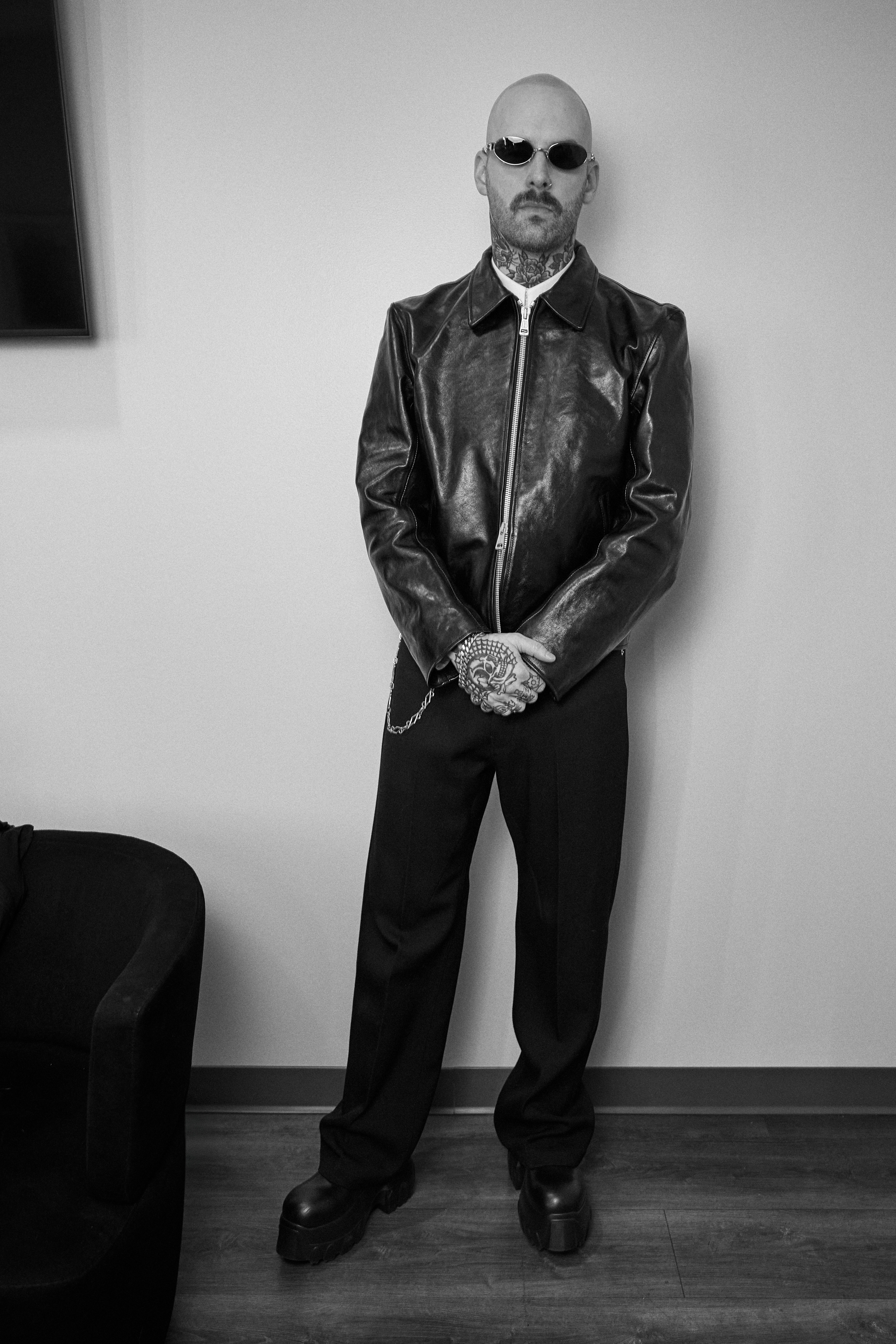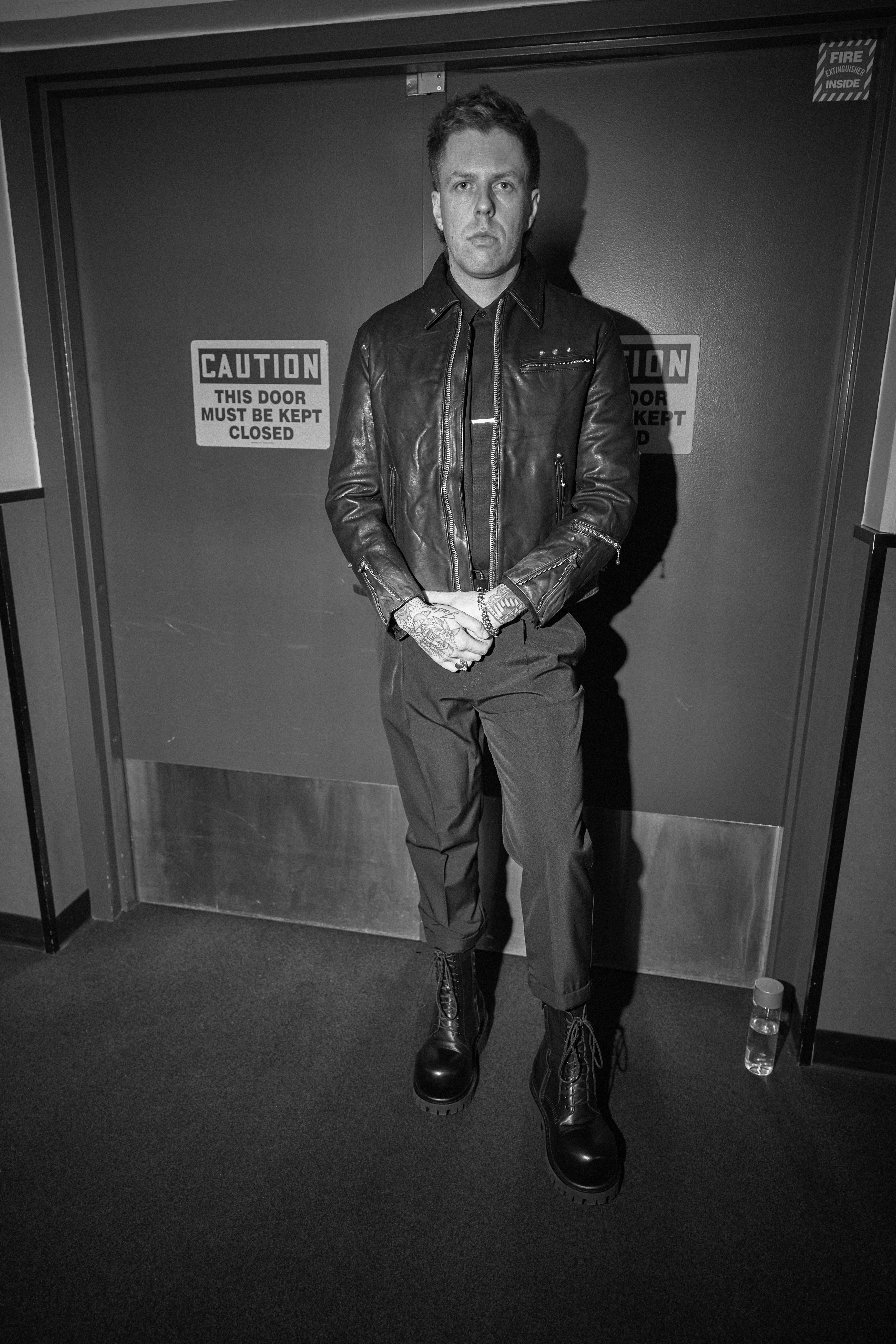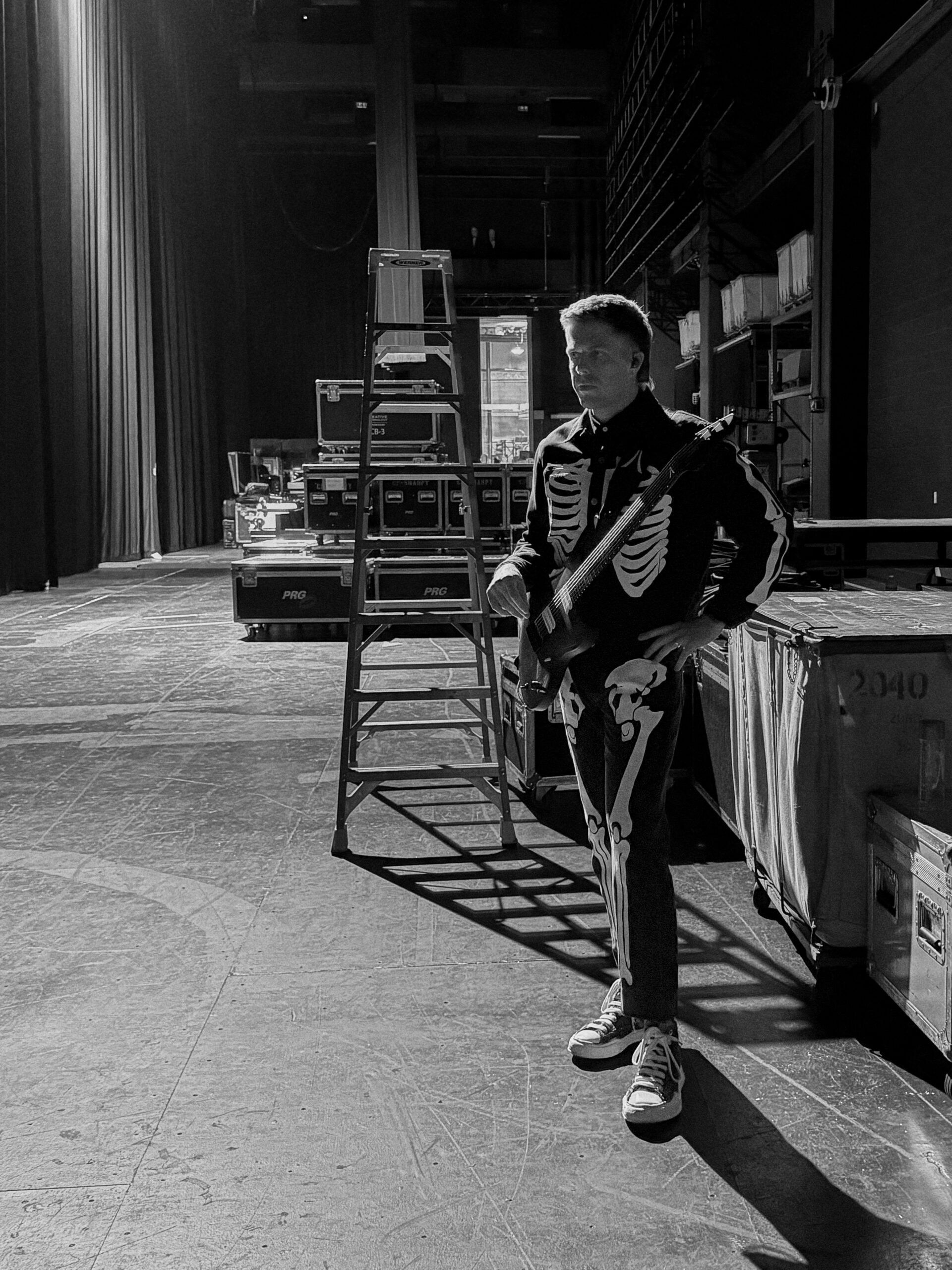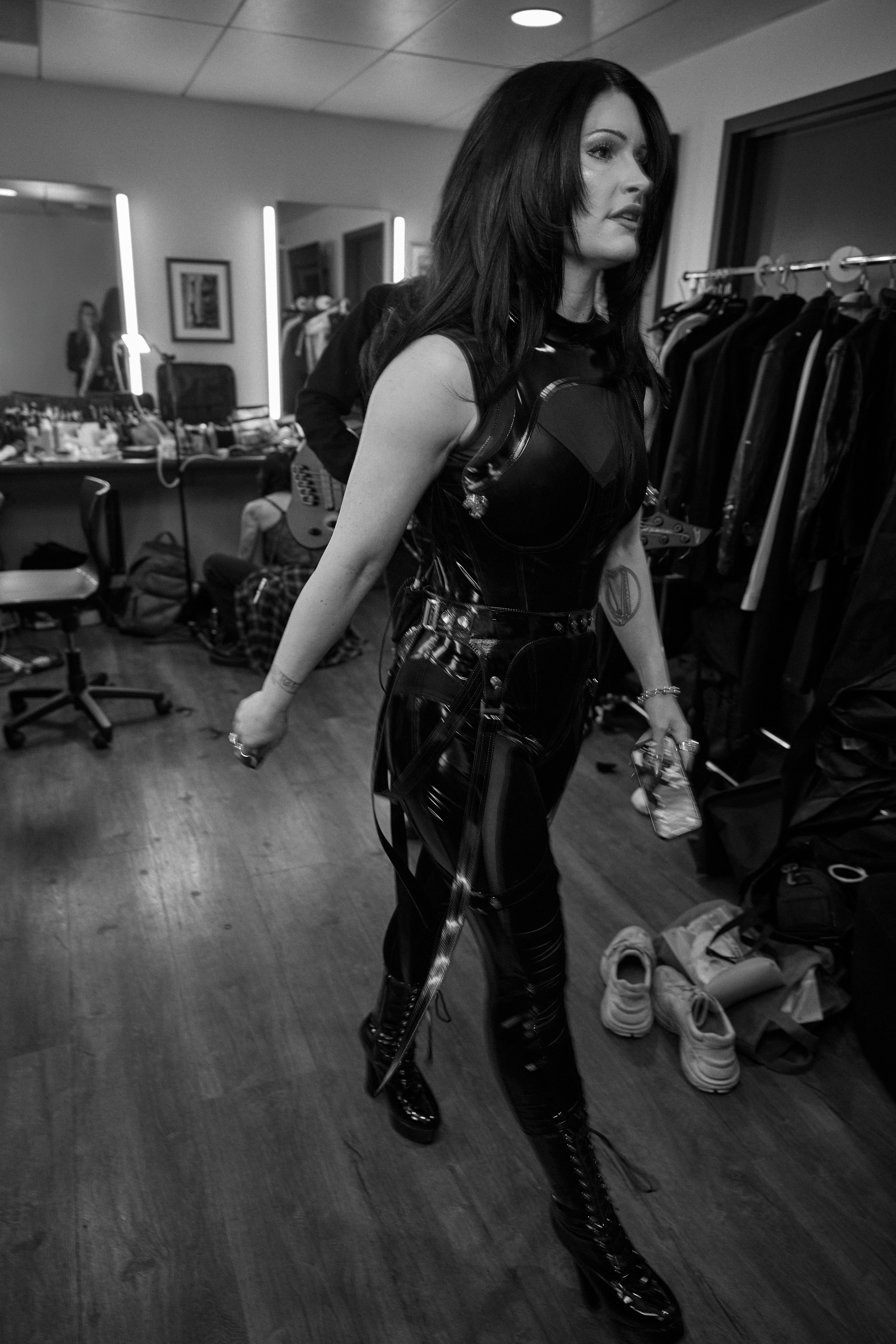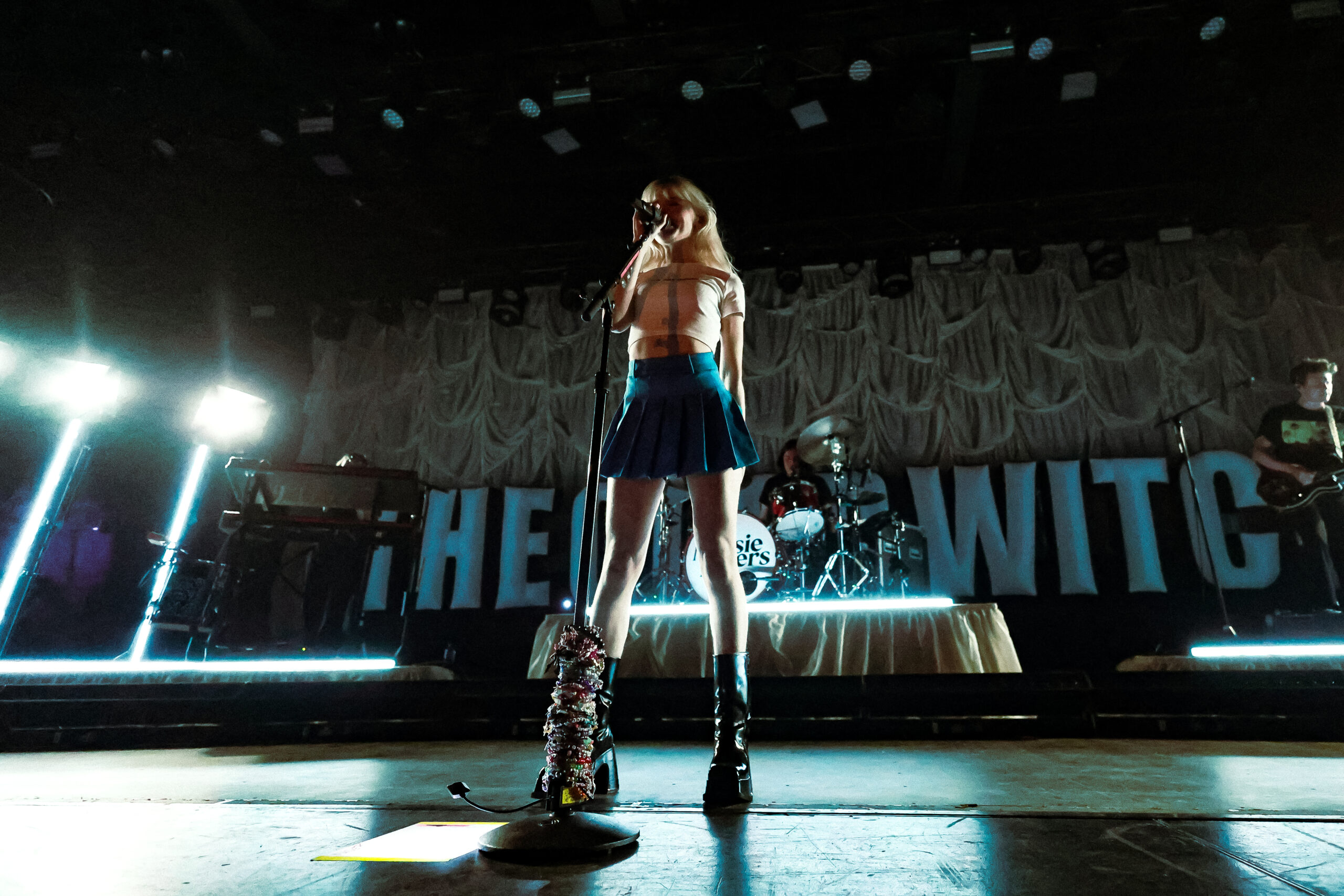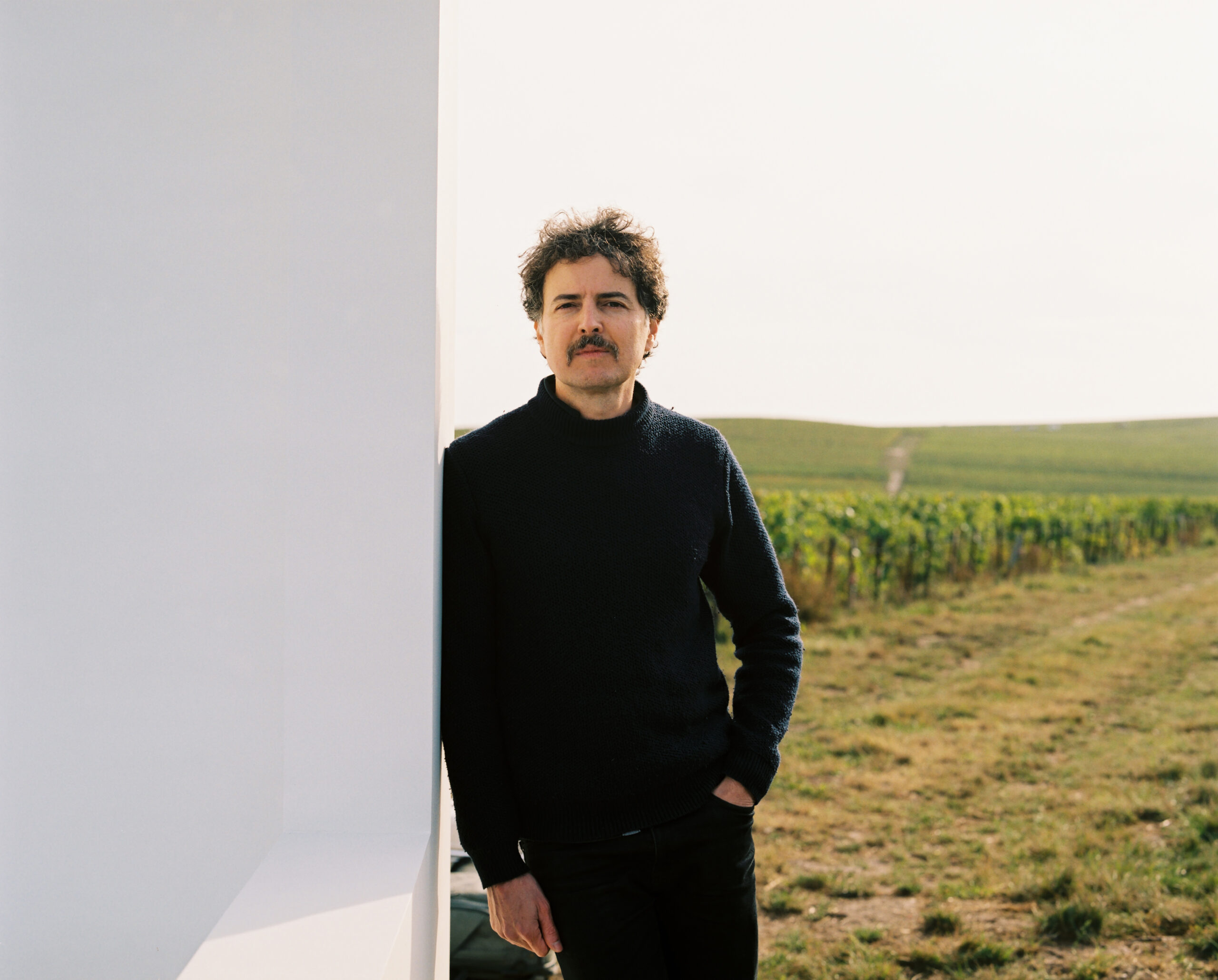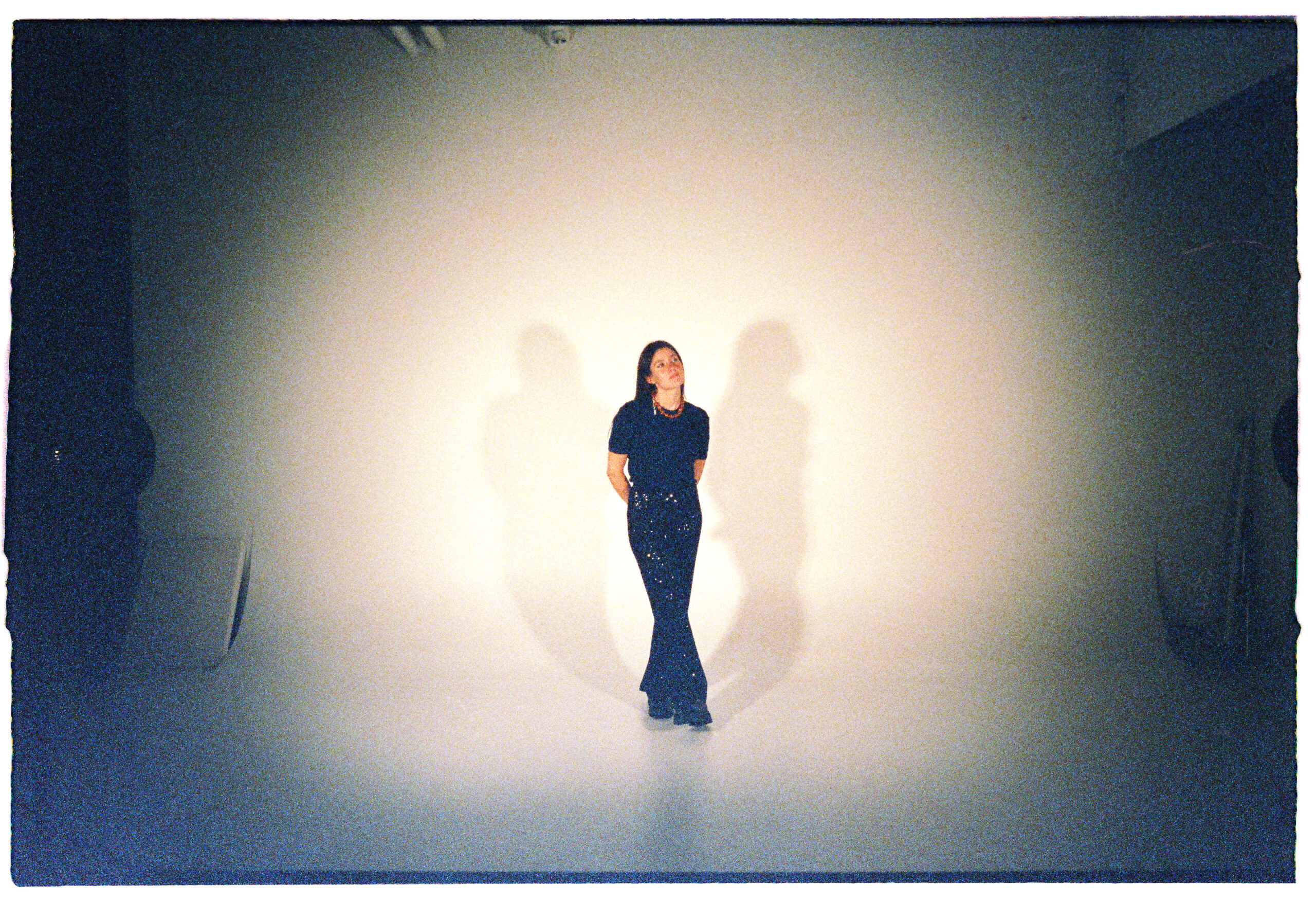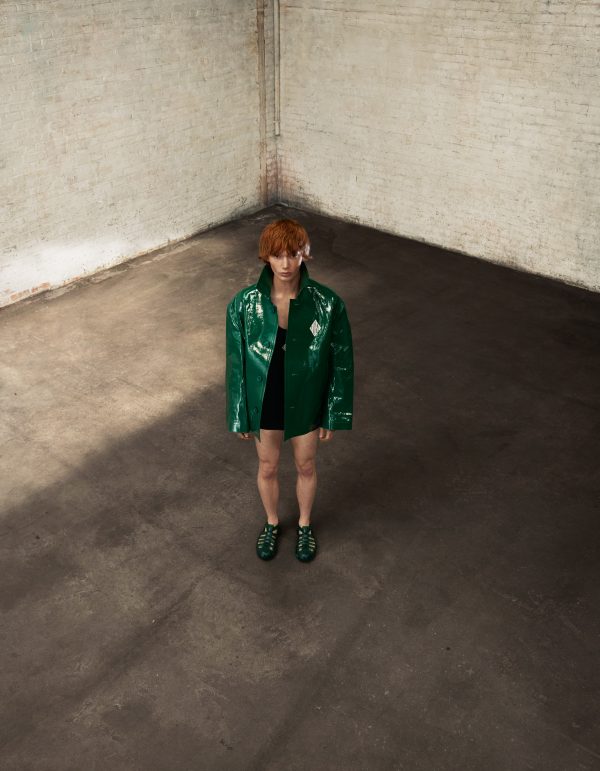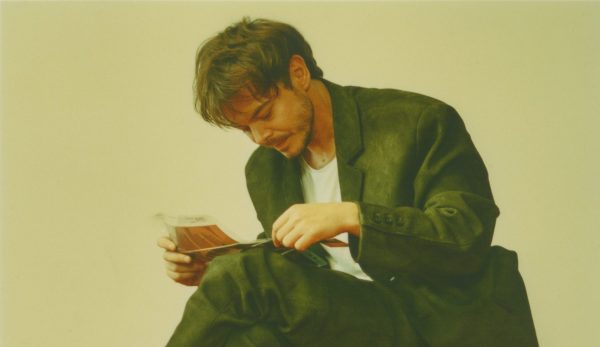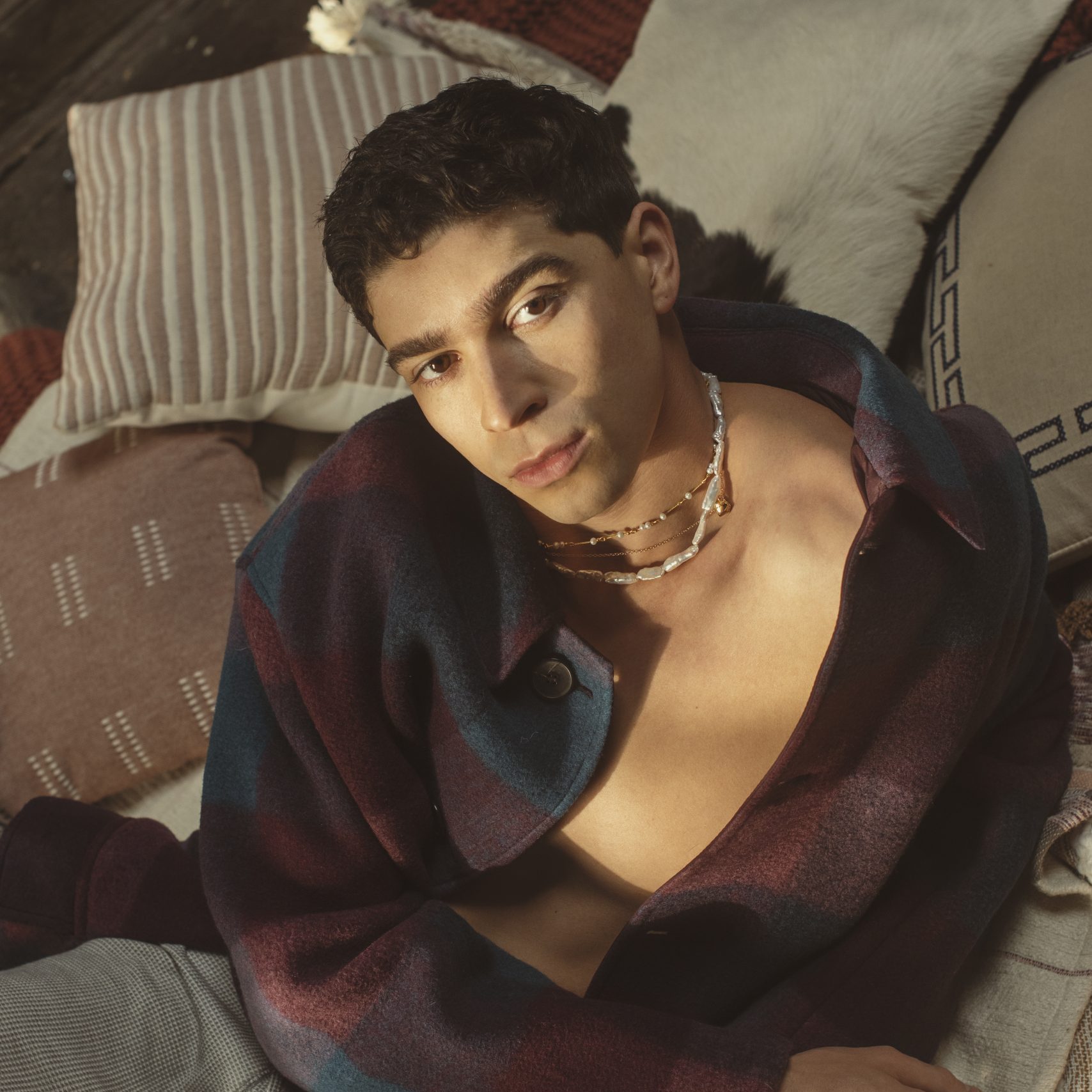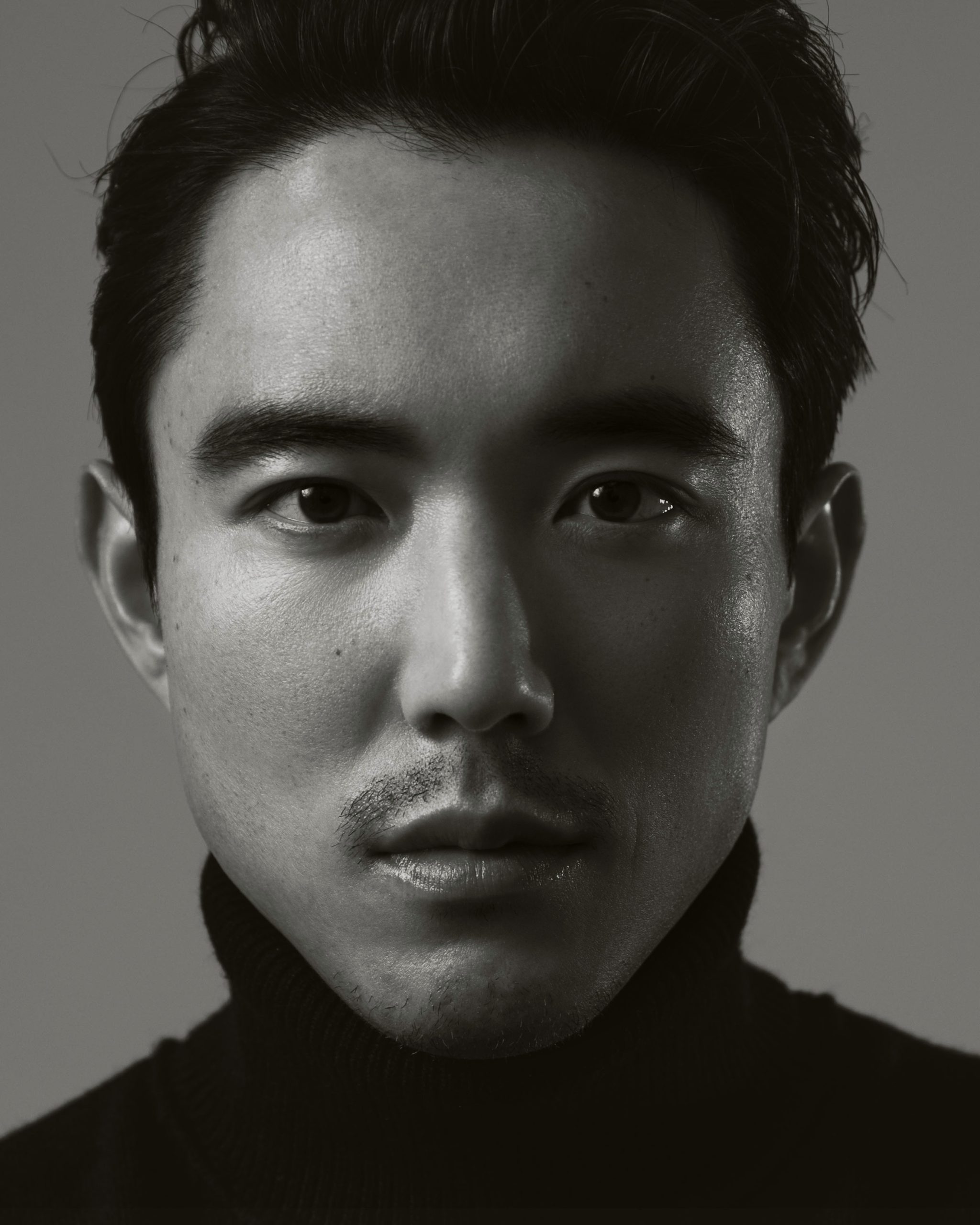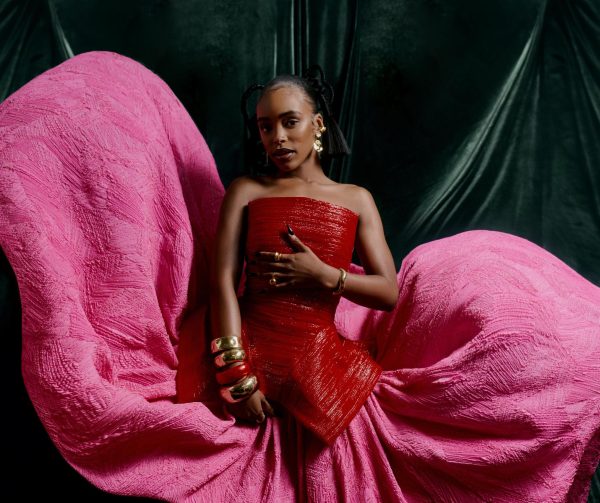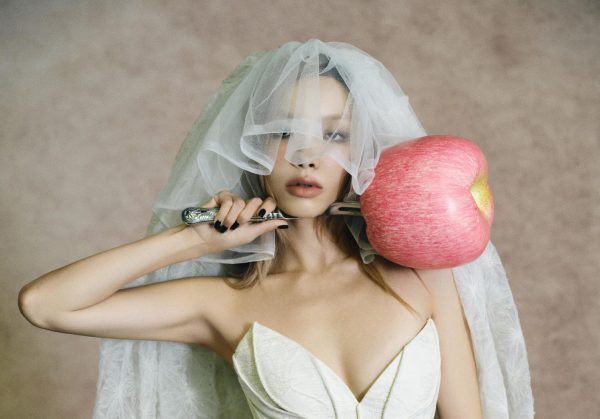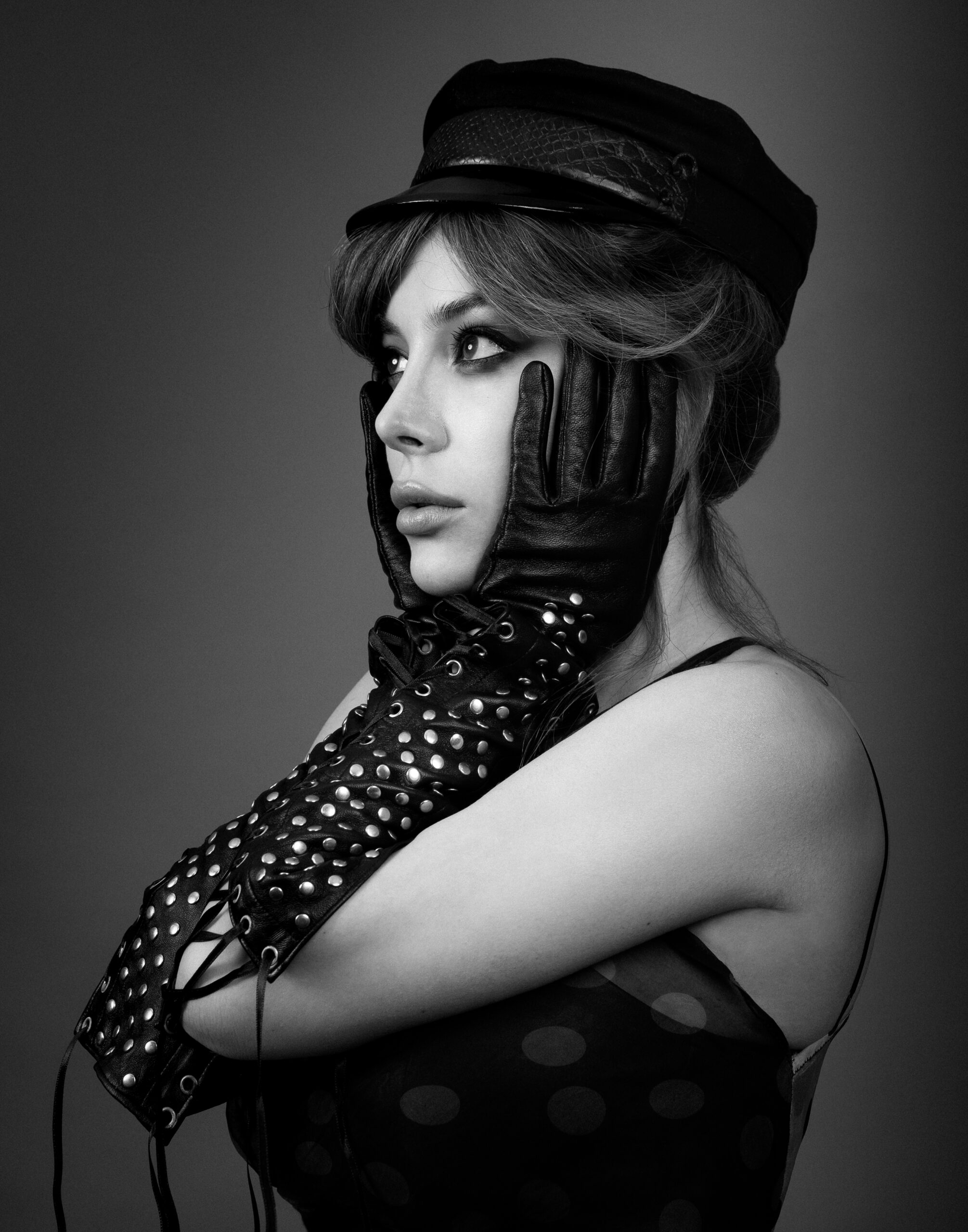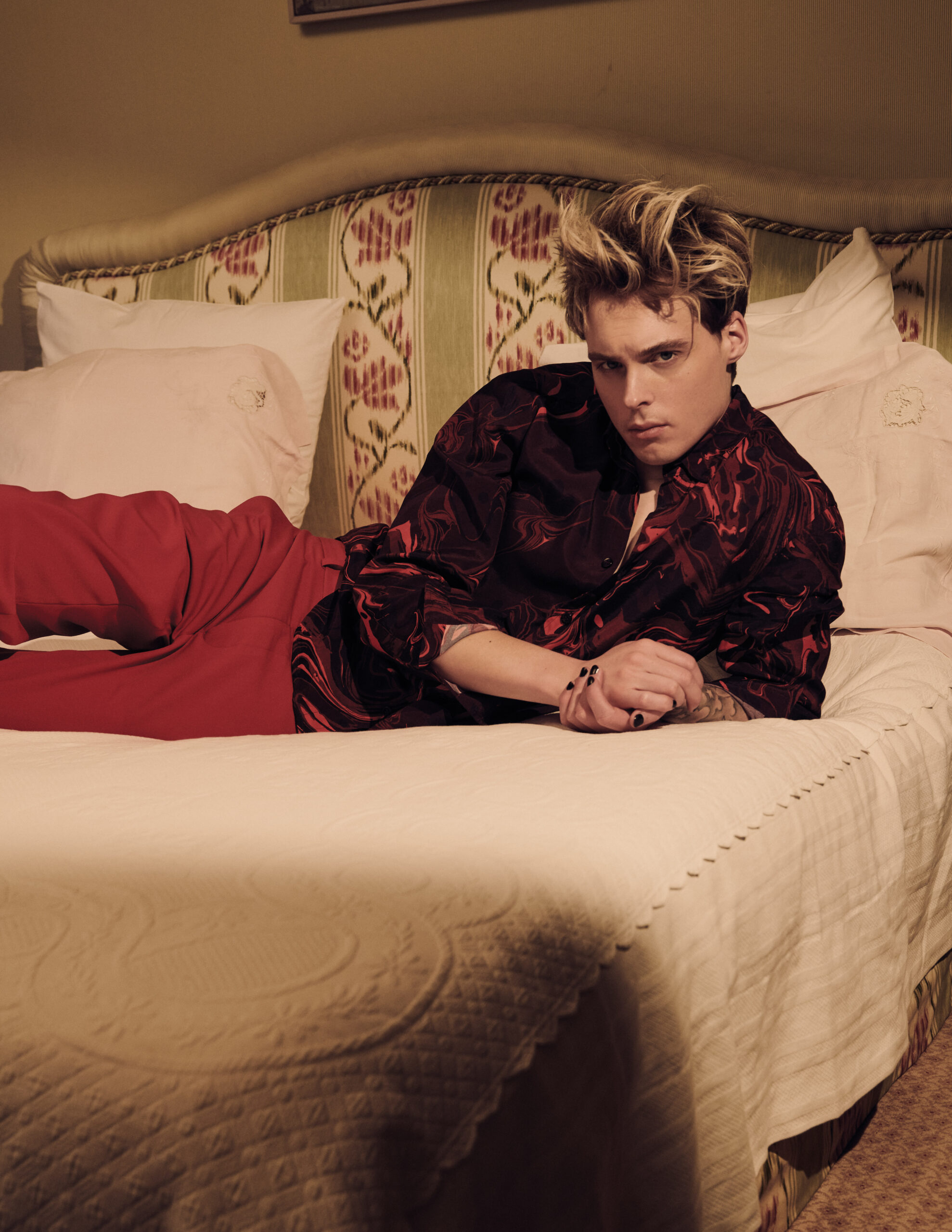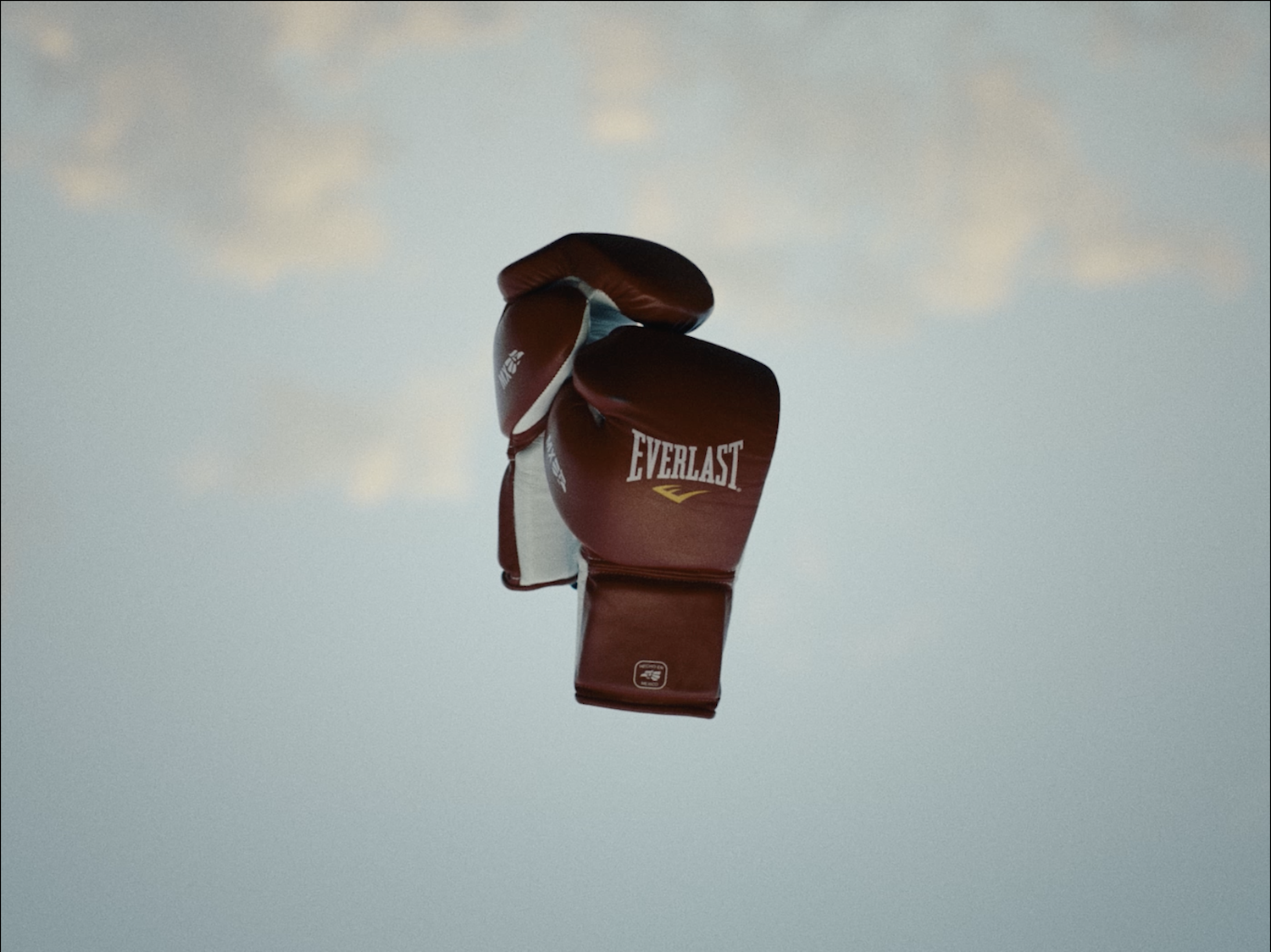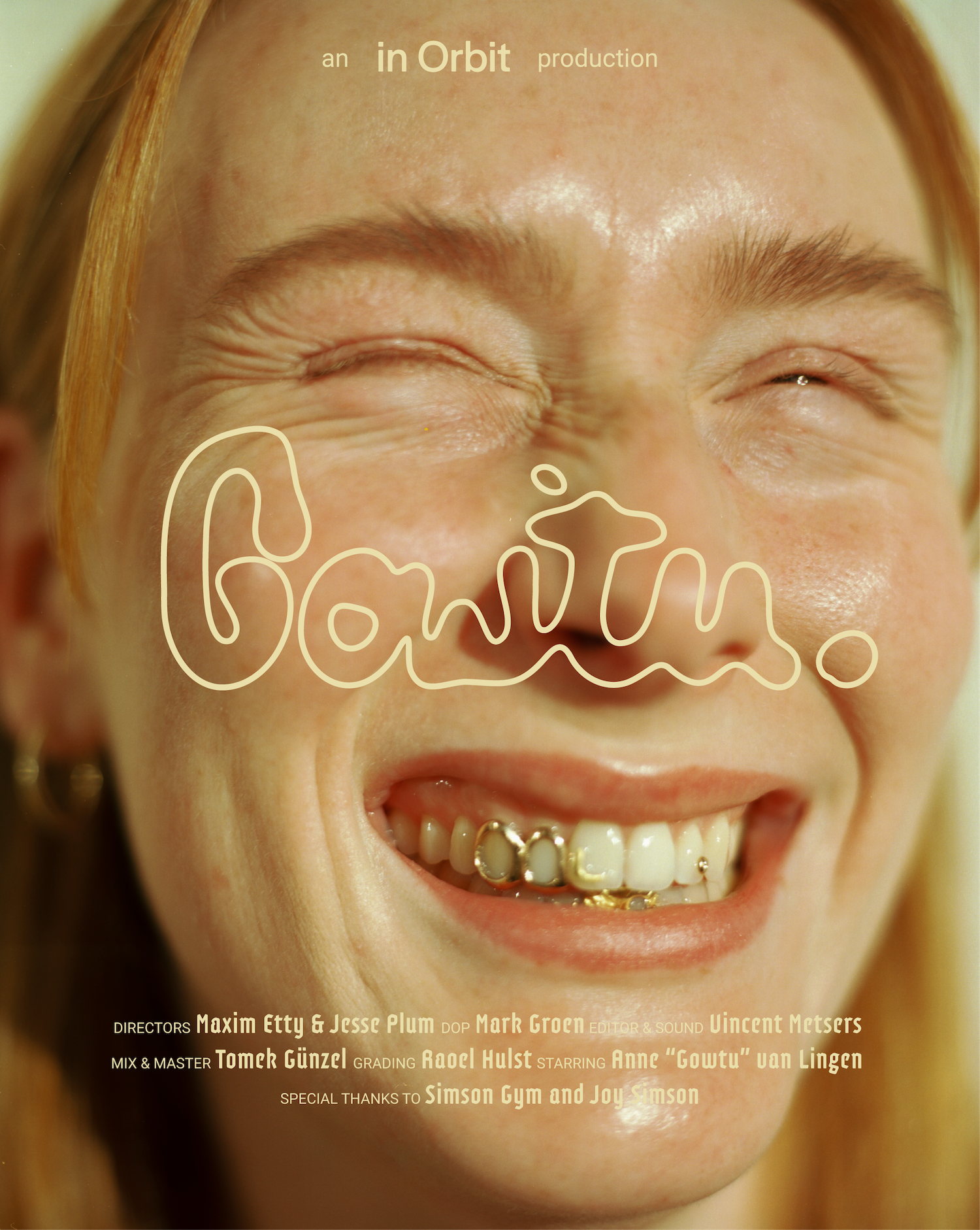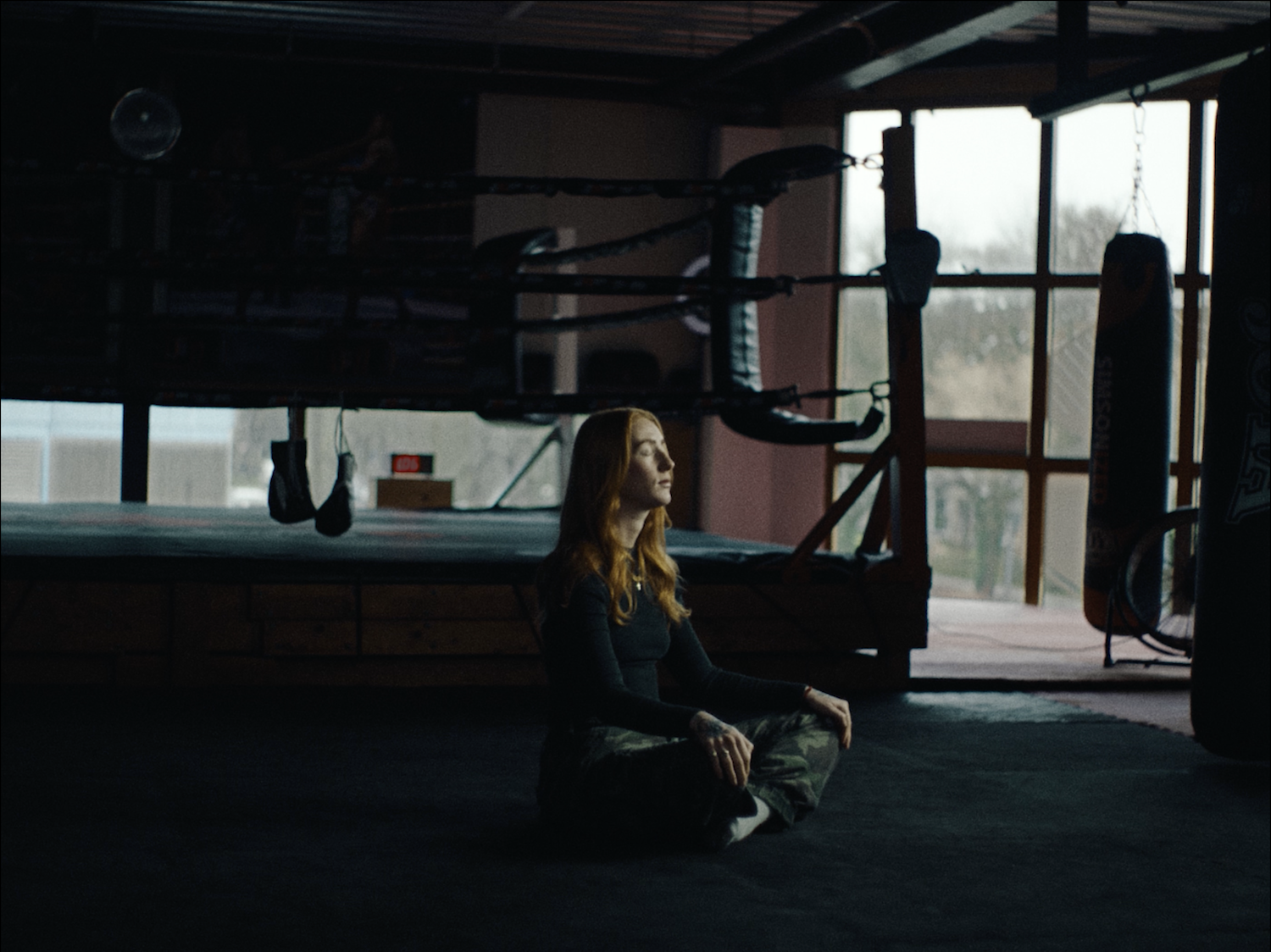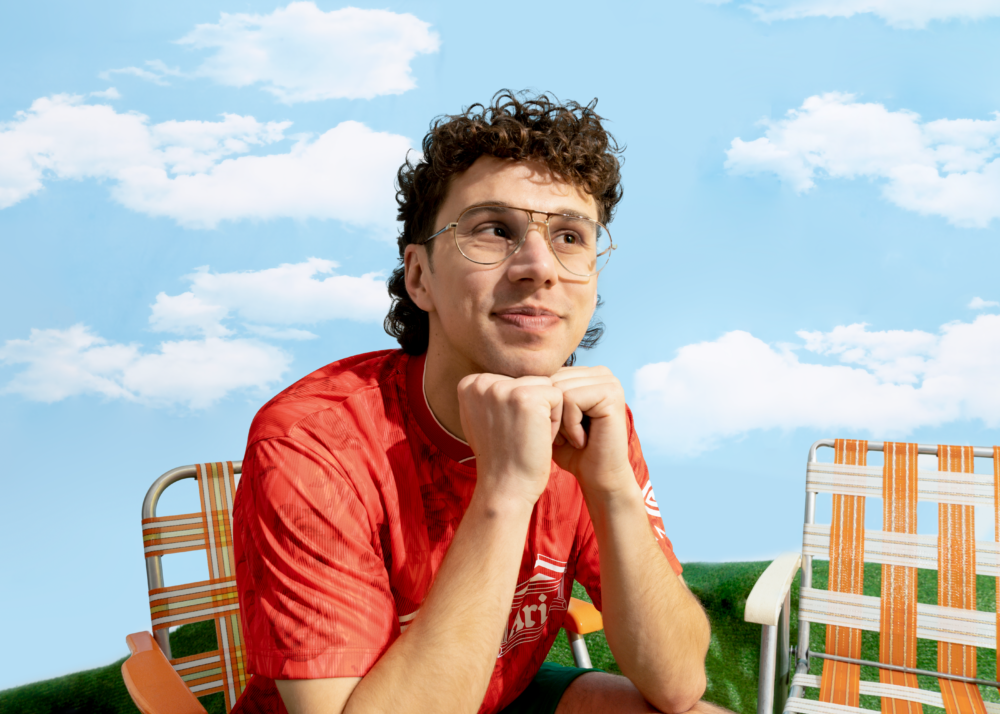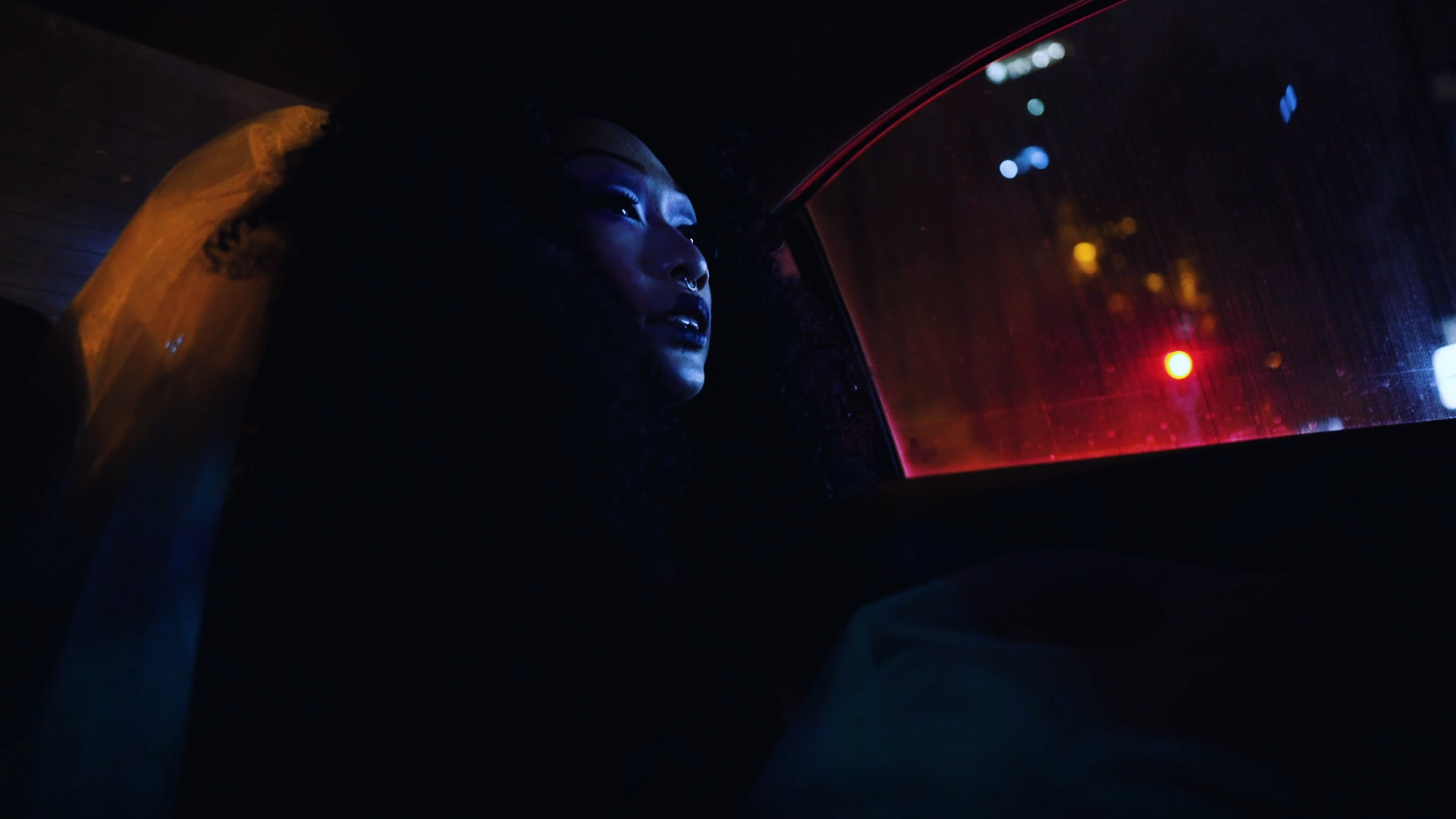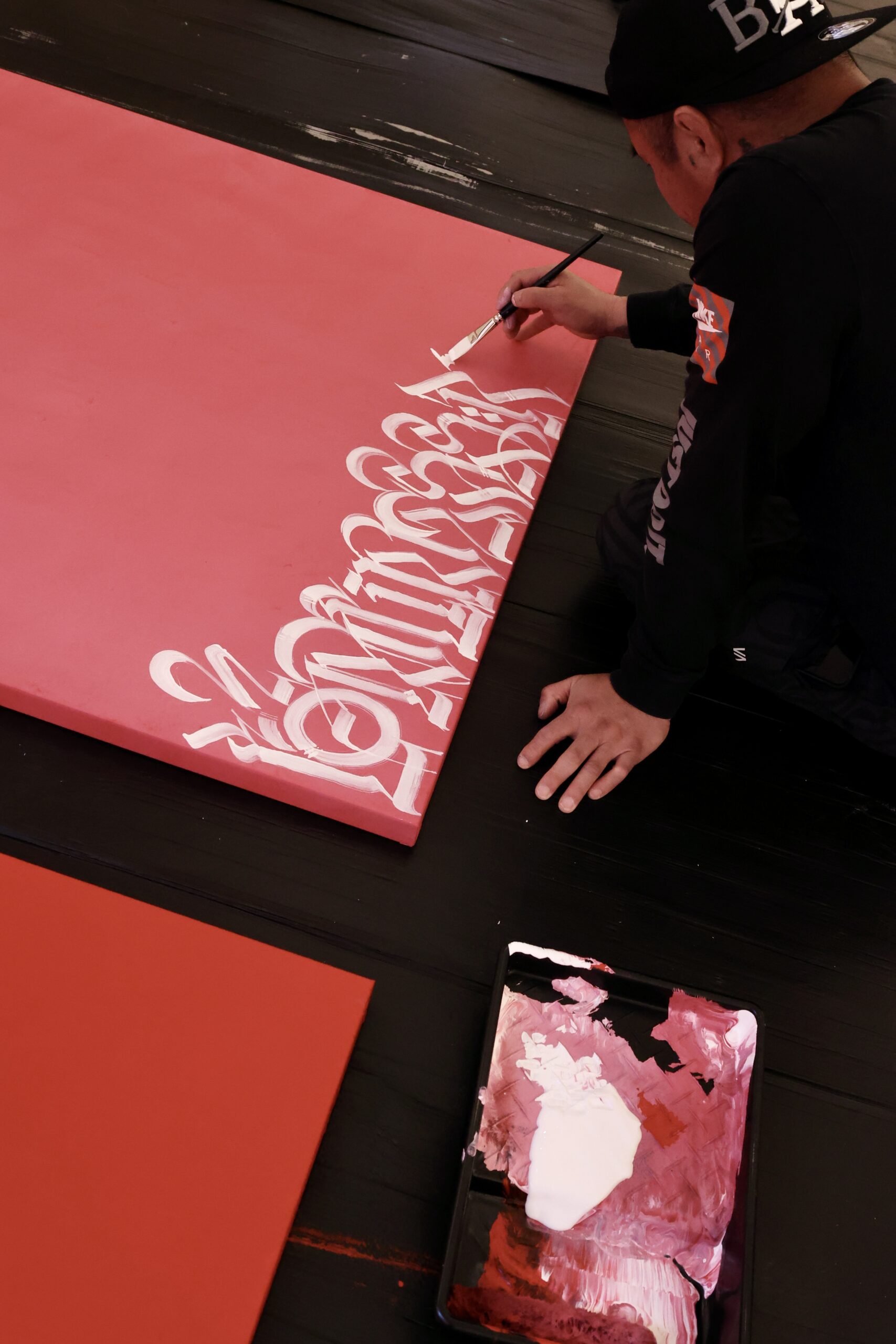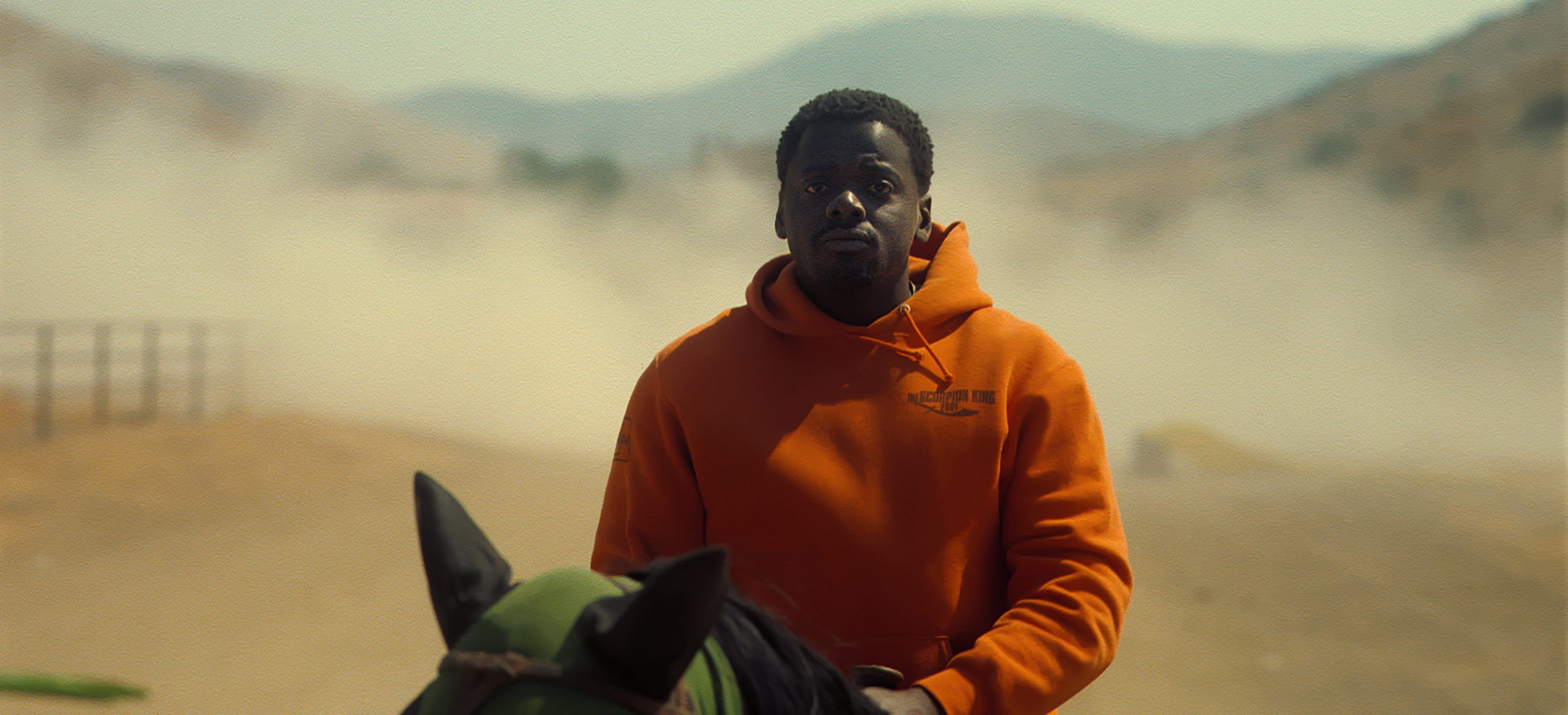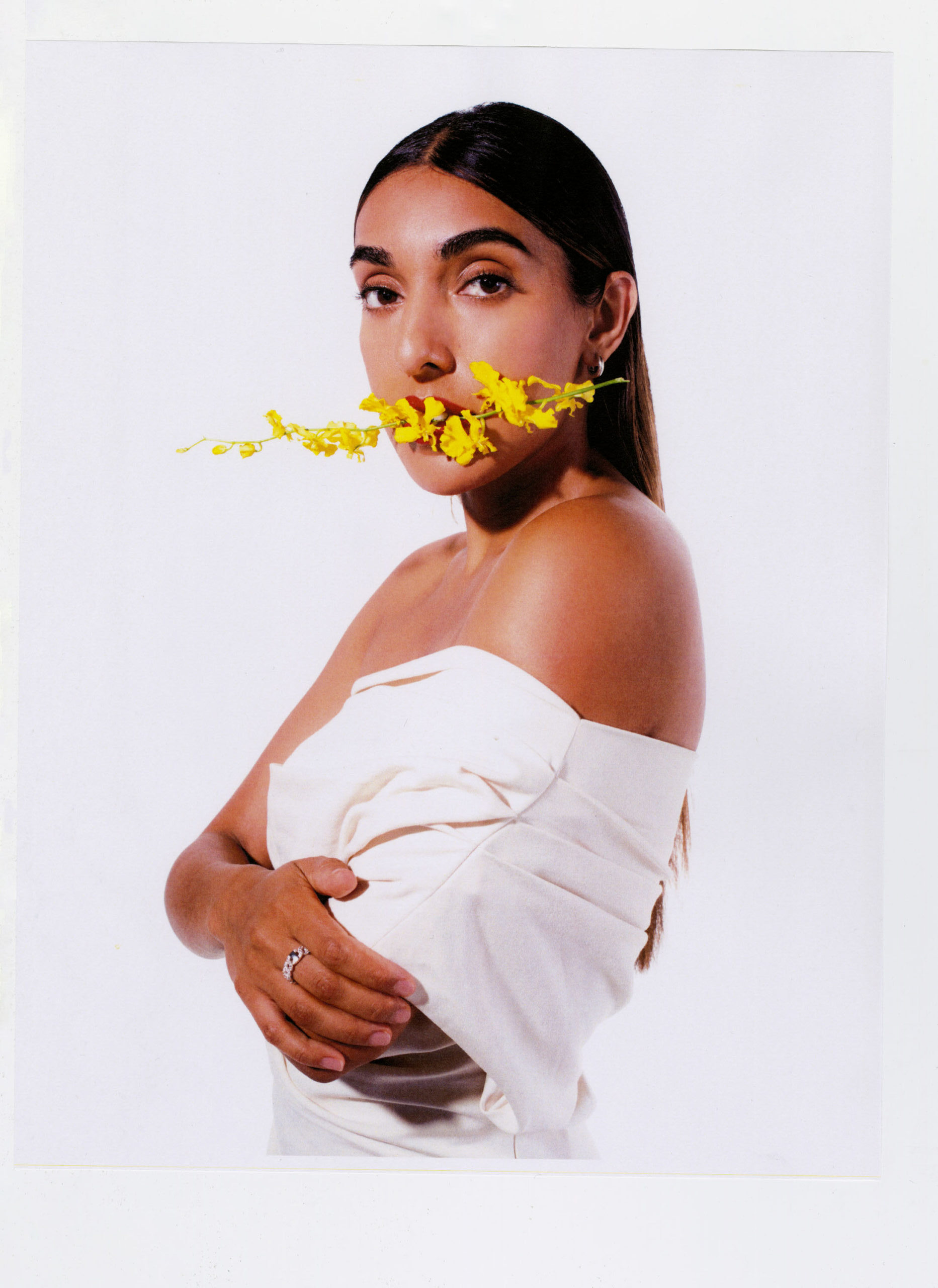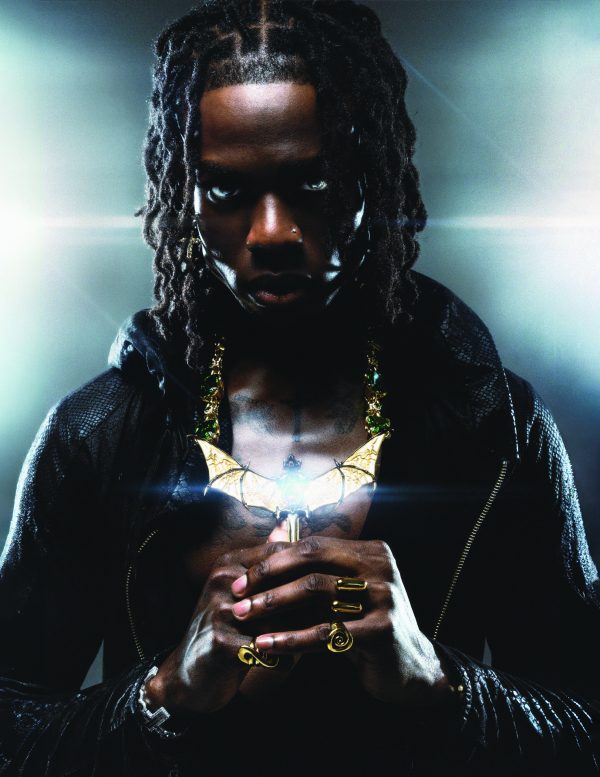Eddie Marsan can do it all — at least when it comes to acting. Hailing from East London, the 50-year-old Award-Winning actor boasts a résumé some could only ever dream of. From Gangster No. 1 to V for Vendetta, Hancock and Sherlock Holmes; he has truly done it all. This past year only, he has been part of productions like Deadpool 2, White Boy Rick and Mowgli: Legend of the Jungle, Netflix’s adaptation of the beloved 1894 classic stories; all while taking on his recurring role as Terry Donovan in Showtime‘s highly acclaimed show Ray Donovan. Yet, impressively and even if it may appear unbelievable, 2019 is set to be even bigger for Marsan. As his last feature of the year, Adam McKay’s Vice, makes its way to US cinemas this Christmas, we catch up with the accomplished actor to talk about his fascination for politics, his future in both TV and film, work, life, and everything in between.
Congrats on your recent honorary doctorate…
That’s very kind, thank you.
So you are currently in the UK filming the Fast & Furious spin-off, Hobbs & Shaw. How is it going?
Yes, that and [another project]. It’s going good. You know, I just turn up, do my job really.
That’s always good! So you’ve done some super big productions in the past like Deadpool 2 recently, but Fast and Furious is arguably one the biggest film franchises out there. How is it working on a project with such anticipated commercial success?
Well, I’m doing it with my friend David Leitch. Him and his wife, Kelly McCormick, are like a team and, all in all, I’ve done about four films with them. I’ve done three with David and four with Kelly. So I don’t really take any notice of how big it is. I’ve been doing this job for 27 years now and I don’t get phased by it anymore. I just turn up. And that’s why they employ me, that’s why you employ anybody who’s professional, that’s why people employ you. Because you’ll always do a consistent job regardless of the circumstances you’re in. They say a “professional is somebody who can do it even if they don’t wanna do it and an amateur is someone who can’t do it even when they wanna do it.“ That’s it really, you know what I mean? I’m the calm in the eye of the storm really, I just get into it. I know what I’m doing, working with David I know what he wants, we’ve worked together before and I take refuge in that. Everything else is just on the peripheries for me.
That’s the way to go with anything really. So before these films that you’re currently filming come out, this holiday season you’re going to be appearing in Adam McKay’s Vice. What can you tell us about your character? And I know you’re very particular about your roles, so how did you prepare for this one specifically?
Yes. I’m playing Paul Wolfowitz, who was the Deputy Secretary of Defense under Donald Rumsfeld, who is played by Steve Carell, and Dick Cheney by Christian Bale. I know that there [are] many people who demonise neo-cons and I can’t play somebody as a demonised character. Therefore I went to friends of mine who are journalists and political writers, and I asked them to give me as much information as they could on Wolfowitz. And what I found was that Paul Wolfowitz sees himself as a kind of ‘Truman-democrat’.
I’m fascinated by American politics, I’m actually fascinated by President Harry Truman. So I could see where Paul Wolfowitz was coming from, I could actually see what he was trying to do, which was to kind of create a Marshall Plan for the Middle East. And that’s what I held in my mind. I can’t play villains. I have to play human beings. I have to understand what he was trying to do and then do it. Whatever message the film comes out with, that’s history — I’m not in control of that. But I just researched Paul Wolfowitz and tried just to find his honest intentions. And quite often people’s honest intentions are very rarely evil. They may be misguided, but they’re very rarely evil.
So you say you can’t play villains but people have dubbed you ‘the villain’, and have kind of given you the label of character actor because of your character’s villainous intentions…
I don’t hate playing the villain. I can’t play people as villains, as a two-dimensional villain. People don’t exist like that. I know I play characters who do evil things, but I can’t play evil characters in a sense. I can’t play characters and just decide as an actor “they’re evil and I’m gonna play them evil“. It doesn’t work. I don’t think human beings exist like that.
That’s really interesting. You really get into their skin then and their thoughts. So do you like label ‘character actor’, that they’ve given you for playing these characters who do evil things?
I don’t know. I always think if you’re not a character actor then you’re a model. If you’re not playing a character on screen then what are you doing? You’re basically modelling clothes. Every actor is a character actor. Every actor creates characters. If they don’t then they’re not employed to be an actor in a sense, they’re employed to be a kind of glorified model.
True but there are a lot of those, to be honest. Diverging a bit from acting, you say you’re fascinated by American politics, but it seems that you’re also fascinated by UK politics as well…
Yes, I am fascinated by politics. My great hobbies are reading books on philosophy, economics and politics. I find it absolutely fascinating.
On Twitter, you speak a lot about UK politics, specially Brexit. Do you do it as a personal tool or do you feel the need as an actor to speak out on certain things?
I used to be a printer, so I served an apprenticeship as a printer before I became an actor and I would have done it even then. Just as you feel some type of a need to talk about whatever you want to talk about and join that discussion, I talk about that. I mean some people try and tell me that I shouldn’t because of what I do, but I don’t ask people to follow me, and I’m not dogmatic. Brexit [and] the people’s vote is something that is very dear to my heart, so I’m going to get involved. And if you don’t agree with me, then get involved and argue the other case.
Yes, so it’s more like a personal need rather than someone telling you to push an agenda — for the conspiracy theorists out there. You mentioned that you’re fascinated by philosophy and I read that you became a born-again Christian for a couple of months, as an adult…
Yes, I was about 15, 16… I was quite vulnerable at the time. My parents had just gone through a very painful divorce and I was a bit lost and looking for something to cling to. So I clung to born-again Christianity. I think it was for about 6 months, but I almost had a nervous breakdown. It was very, very painful for me.
Seriously? Why? If you can share, of course…
I became very obsessed with it. I became very fundamentalist, so I really understand these kids who go online and become fundamentalist in any religion. I really understand why they’re doing it. I can actually see the seeds of it, I can see it within myself.
Okay. Then you turned to Buddhism after that? Or was it before?
I wouldn’t say I am a Buddhist. I mean, I meditate and I attend Buddhist lectures and I read on Buddhism, but I wouldn’t say I’m a Buddhist. I’m not a vegetarian. I think it takes great discipline to be a Buddhist and I think it would be disrespectful to Buddhists to say that I’m a Buddhist. I could be a very trendy actor if I say that I am, but [that’d be] disingenuous. I do have a fascination with it and it does inform a lot of my decisions about life and about coping with encumbrances in life and coping with change. Meditation has helped a great deal with my work, but I wouldn’t say that I’m a Buddhist. I think there [are] too many people getting kudos for that and I will not do that.
That says a lot about you. Back to acting, currently the sixth season of Ray Donovan is on air. Given Terry’s arc and his complexities, including the portrayal of Parkinson’s disease, how do you feel you as an actor have evolved throughout all these years playing this character?
I’ve really enjoyed it. I never thought I would enjoy doing television because I’ve never really been a television actor. I enjoy playing Terry because I really understand him. I have a lot of affection for him. It’s funny, I usually come in to play a character for and leave after four or five months. The longest I’ve played a character was Scott in Happy-Go-Lucky, which took a year to create. But Terry’s been six years, so I really feel like he’s somebody I really admire and I have a lot of affection for. I never thought I’d have that feeling about a character but I do about Terry. He’s a great bloke. You know he suffers from Parkinson’s, and yet he’s very stoic, he’s very noble, very sensitive. I think he’s great. I wish I was Terry but I’m not.
Well, I’m sure you have your things as well! Like you said you’d never really done a TV show, you’ve never really stuck with a character for this long. So after Ray Donovan comes off the air — it hasn’t been renewed yet but you know it’s reaching its end soon — would you do TV again or would you keep a safe space for Terry as your TV character?
No, I’d do whatever is good writing. Ray Donovan was brilliant writing, it was a chance to work with Liev [Schreiber] and Jon Voight so I jumped at the chance. It depends on what it is. If something comes up and it’s great writing and it’s a great part then I’ll do it. I don’t just want to go back and do theatre or film. It’s all in the writing. I can’t make something good. There are some actors who, when there’s bad writing, they can make it good and I’m not one of those actors. I can only evoke to what’s on the page. So if it’s good I’ll look good, if it’s bad I’ll look bad.
So you don’t have a preference of medium as some other actors do? You just care about each story_
Well, there’s also no difference now between doing something like Ray Donovan and doing a film. There’s no difference, because the quality of the director, the writers, the actors is exactly the same.
Yes, the only real difference is the time you spend with the character.
Exactly, the only difference is you spend six months of a year [versus] six years with Ray Donovan.
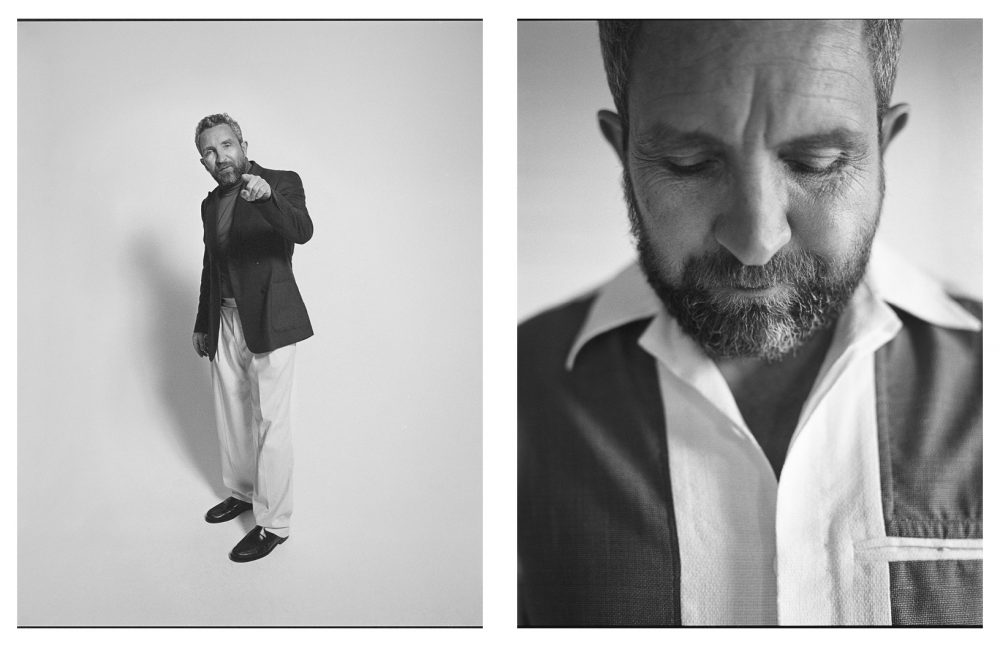
turtleneck + jacket. Richard James
trousers. Filippa K
shoes. G. H. Bass & Co.
opposite
shirt. Léon Bara
So you’ll be up for another TV show, should the right one come along?
Yes, if the right thing came along and it was good, I would.
In an interview you said that starting out from acting you had like a “working-class-hero mentality” and you’ve been super honest about your background as a working-class guy. You said that having this mentality lead you to be more inquisitive and appreciative of acting. What mentality would you say you have now that you have 27 years of experience under your belt?
I think I am more curious — when I first started acting I didn’t have any academic references to cling to. I would walk into a rehearsal room and I didn’t know what they were talking about and, for the first couple of years, I tried to tough it out and be kind of proud of my ignorance and kind of be a working-class hero. Then what happened was I suddenly realised I wasn’t being a very good actor. My performances weren’t very good, I wasn’t working very much and so when I went into rehearsal I began to ask people questions. I just asked: “what is this thing? Is there a book I can read?” And people with a greater education than me were very kind and they gave me things to look at and things to read and they gave me time and they explained concepts to me. That opened my mind and I owe them a lot because they helped me transcend myself. And anyway this is where the Buddhism comes in. Because any idea of yourself it’s just a concoction, it’s just something you make up.
So you feel like that academic background cannot be replaced by experience?
It can be replaced by experience, but you just have to research. If you’re doing a play existentialism and you don’t know what existentialism is, you better read Jean-Paul Sartre or some Albert Camus. Or else you’re going to look like an idiot when you go on stage.
True. So, taking it a bit more lightly, you usually work in the US now and even if you work in the UK you do American productions. But you’ve said that you’d like to work in the UK a bit more because of your family. Why do you think the state of British cinema right now is impeding that and what do you think we can do to remedy it?
When I work in America, the Americans see me playing a Bostonian boxing trainer with Parkinson’s disease, and they know I’m British, so they think I can do anything and they ask me to do anything. Adam McKay just asked me to play Paul Wolfowitz, I’ve played the the deputy head of the CIA, I’ve played a neurologist… I’ve played loads of different parts. But when I come back to the UK, they see me as blue collar. The trend at the moment within the UK is to mainly portray ourselves as posh so when I come back, all the parts they offer me are clichéd working-class parts and I’m not very interested in them.
Why do you feel that is?
Because I think class is a very, very prevalent mindset in the UK. I’m not classist in the sense that I think that I’m better than anyone else because I’m working class. A lot of my friends are from a more privileged class and I get on great with them. I just think that I get better roles in the US because they have more of a diverse idea of me than they do in the UK.
So you feel that it’s a mindset problem rather than a resource one?
They have the resources, they just don’t think that I’m right for the part. They have a limited idea of me, which is fine. But when I go to the US, people don’t have a limited idea of me, they allow me to do whatever I want to do.
I feel like it’s only the UK that has that idea, not the rest of Europe. In Spain, for example, you are regarded as a greatly diverse actor.
Yes, I just worked with Pedro Alonso in Spain. We did a film called Feedback, where I play a London radio talk show host whose studio is hijacked by armed men. I did a film called Still Life with Uberto Pasolini, which is a film about London but made by an Italian and Feedback is also about London but made by a Spaniard… they have a much more diverse idea of me. I sometimes feel that British directors will ask me to play a kind of Cockney villain all the time and it’s boring.
You’ve 100% proven that you can do more. Well, you said the trick to having an extraordinary career — which you have — is to have an ordinary life, yet working in the US and commuting to London, looks manic. How do you keep the balance nowadays?
Well, it’s manic but I’ve got four kids and I think any parent will tell you that life’s manic when you’re a parent. Do you have children?
No, I don’t.
Well, you know, life’s manic. I think an ordinary life isn’t a life that isn’t manic. What I meant by an ordinary life is the priorities of that life, you know what I mean? Everybody’s life is manic, any parent’s life is manic. Mine is manic because I travel to America and come back, but I know lottos parents who do that kind of job… they travel all over the world, or they’re teachers, or they’re doctors… and life’s manic. An ordinary life can be manic, what I was saying was that if you try to have an extraordinary life, either you go to parties all the time or premieres and do all these things, I think it affects your ability to be an actor. There’s something grounding in having a family life, it means you go to work and you just do your job at work. Because you’ve got all your emotional strokes, everything of emotional value in your life — your family, your friends — are outside of work and that means you can be free at work to do whatever you want. If you go to work and your seeking love or affection or admiration then there’s too much on the line. There’s too much involved. If I go to work and I know I’ve got a wife and four kids and a mortgage to pay and great friends, when I go to work I just do my job. It gives me freedom. I don’t go to work looking to be admired, looking to be loved, looking to be envied or whatever. I don’t go to work for that. I turn up, do it well and then I go back. That’s it.
I think that can be applied to everything not only acting. I’m gonna take that advice.
Yes, that’s right!
To finish up, what are you most looking forward to in your career and personal life in the future?
I think I’d like to direct eventually. When Ray Donovan finishes and my children are older, maybe I’ll direct. I’m looking forward to carrying on playing a diverse range of roles. I love doing things that I’ve never done before. And I love watching my children grow up. I have two teenage children and two under the age of ten and I love to see them growing up. It’s going to be amazing when they go to university, we can go to the theatre together and go and see films together. That’s going to be amazing.
That’s a beautiful thing to look forward to.
Thank you!
Adam McKay’s ‘Vice’ opens in the US on Dec. 25 and on Jan. 25 in the UK. Watch the trailer here.
This Schön! online exclusive has been produced by
photography. Simon Lipman
fashion. Kay Korsh
talent. Eddie Marsan
grooming. Jason Crozier @ Stella Creative Artists using Elemis
words. Sara Delgado
photography assistant. Kai Gurung
fashion assistant. Olga Lungu

Schön! Magazine is now available in print at Amazon,
as ebook download + on any mobile device


